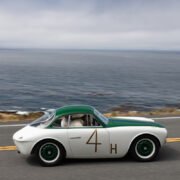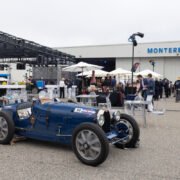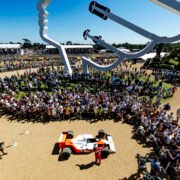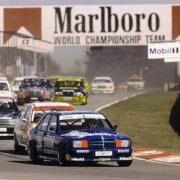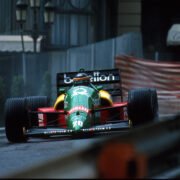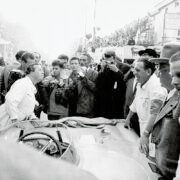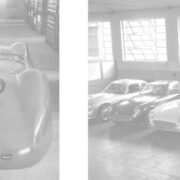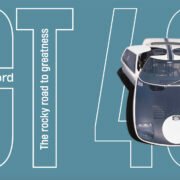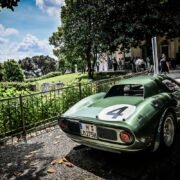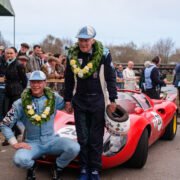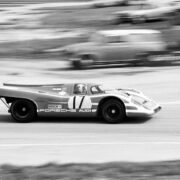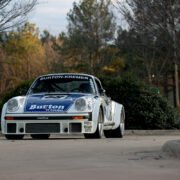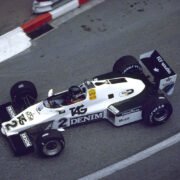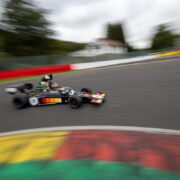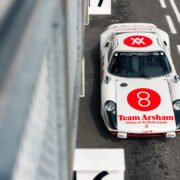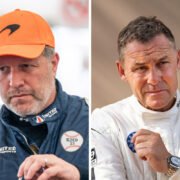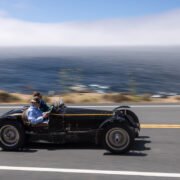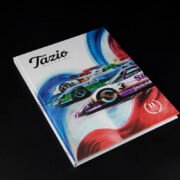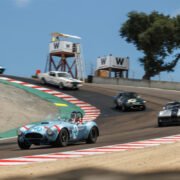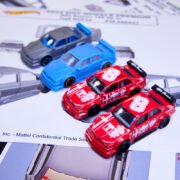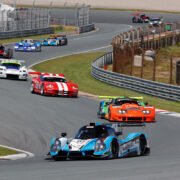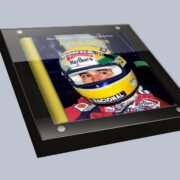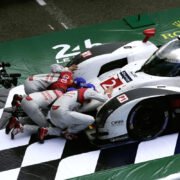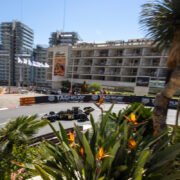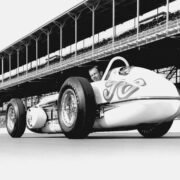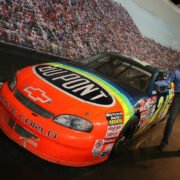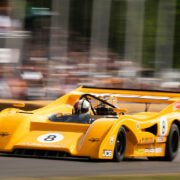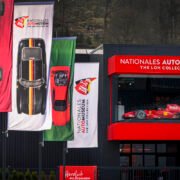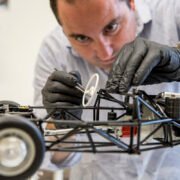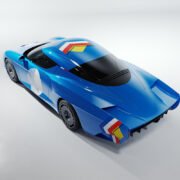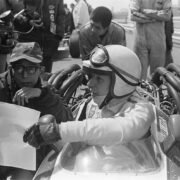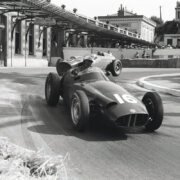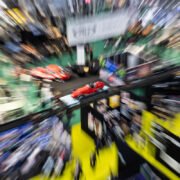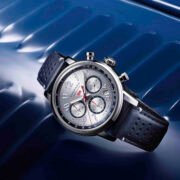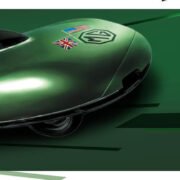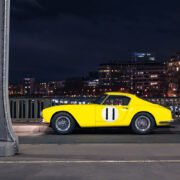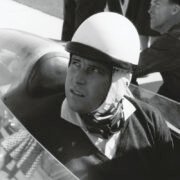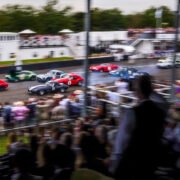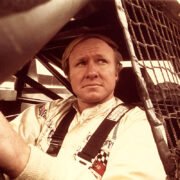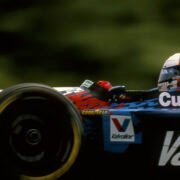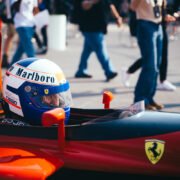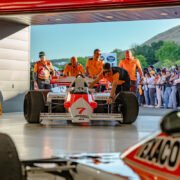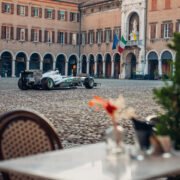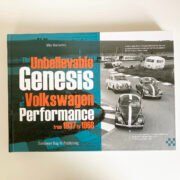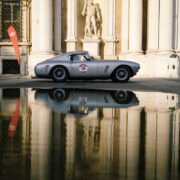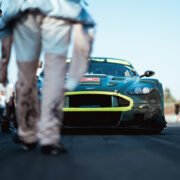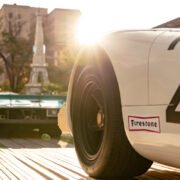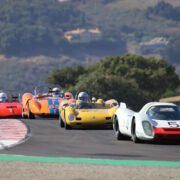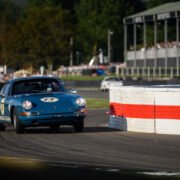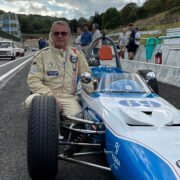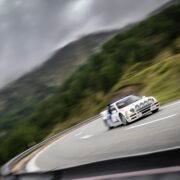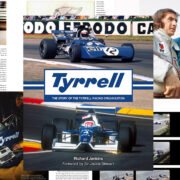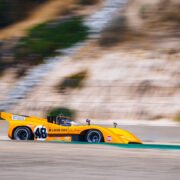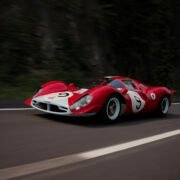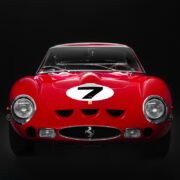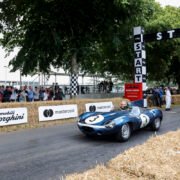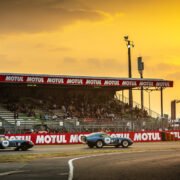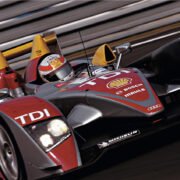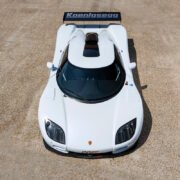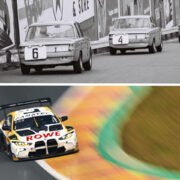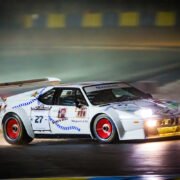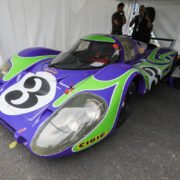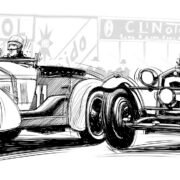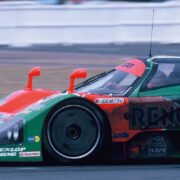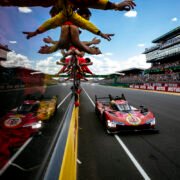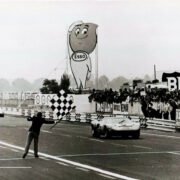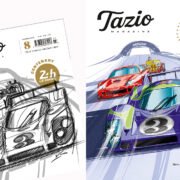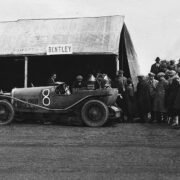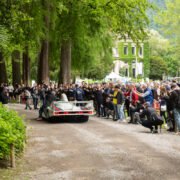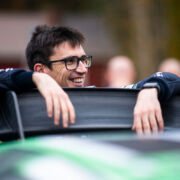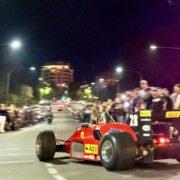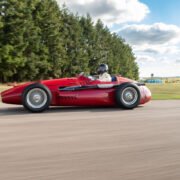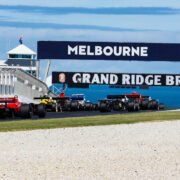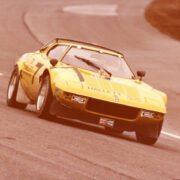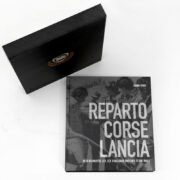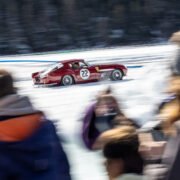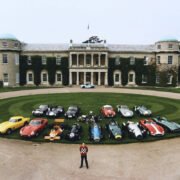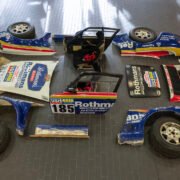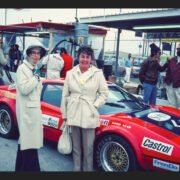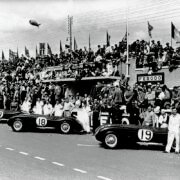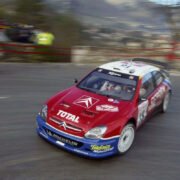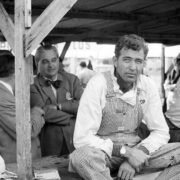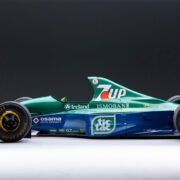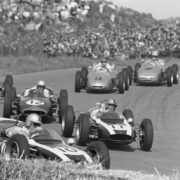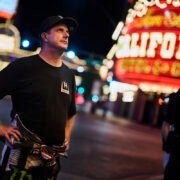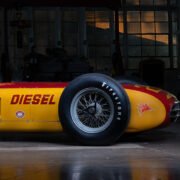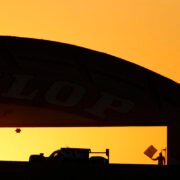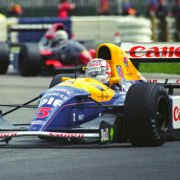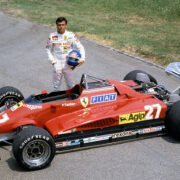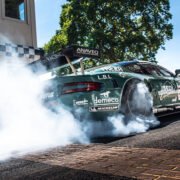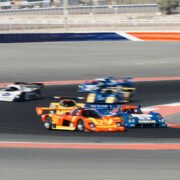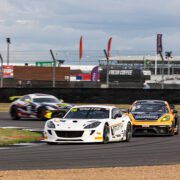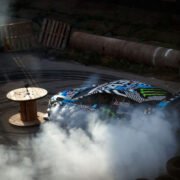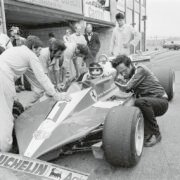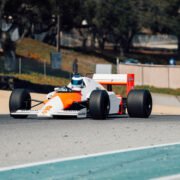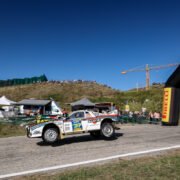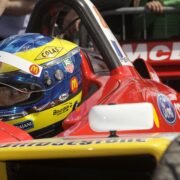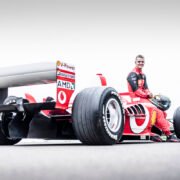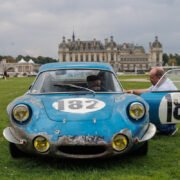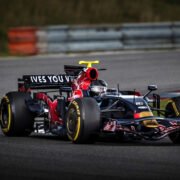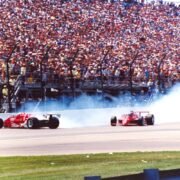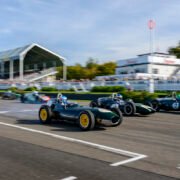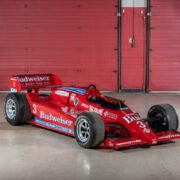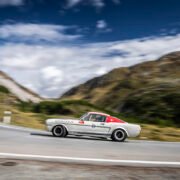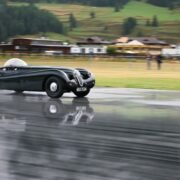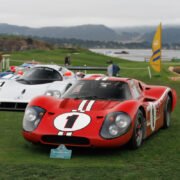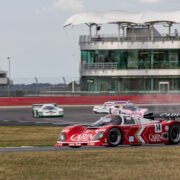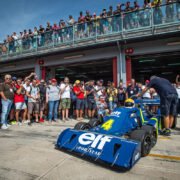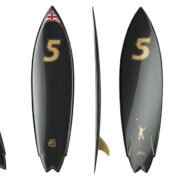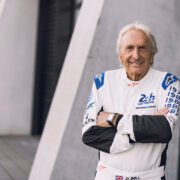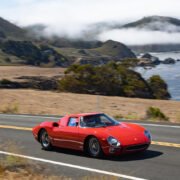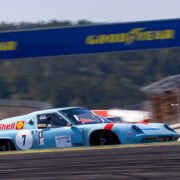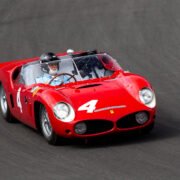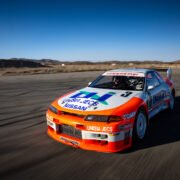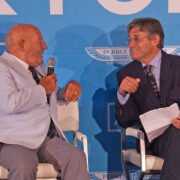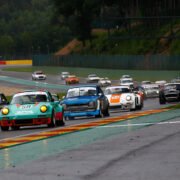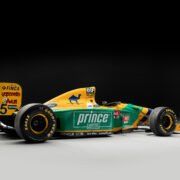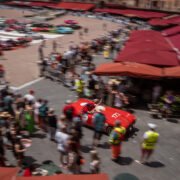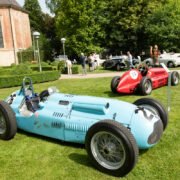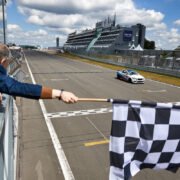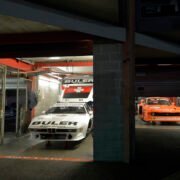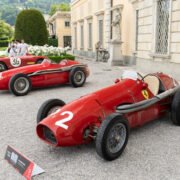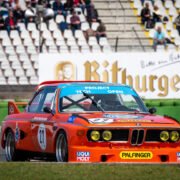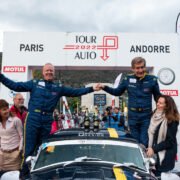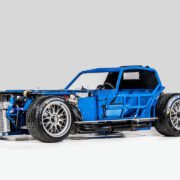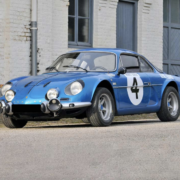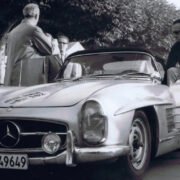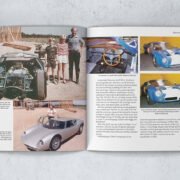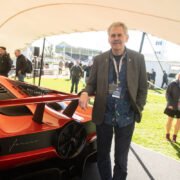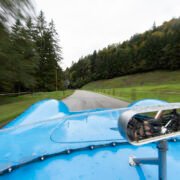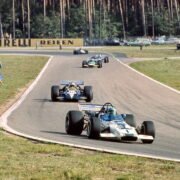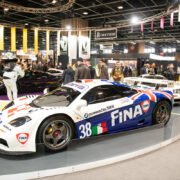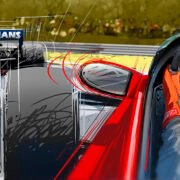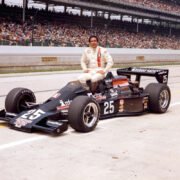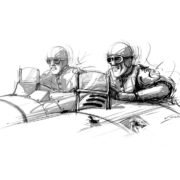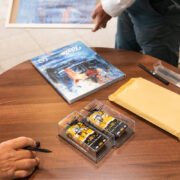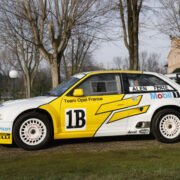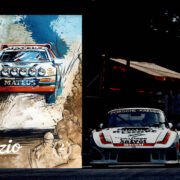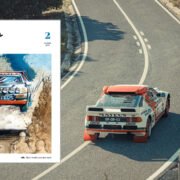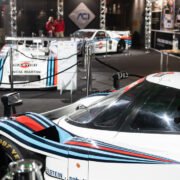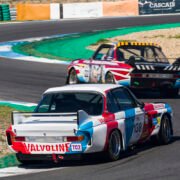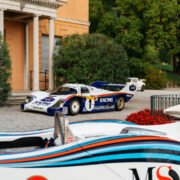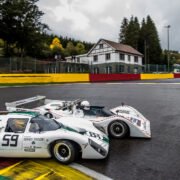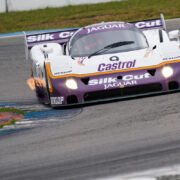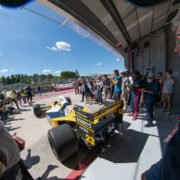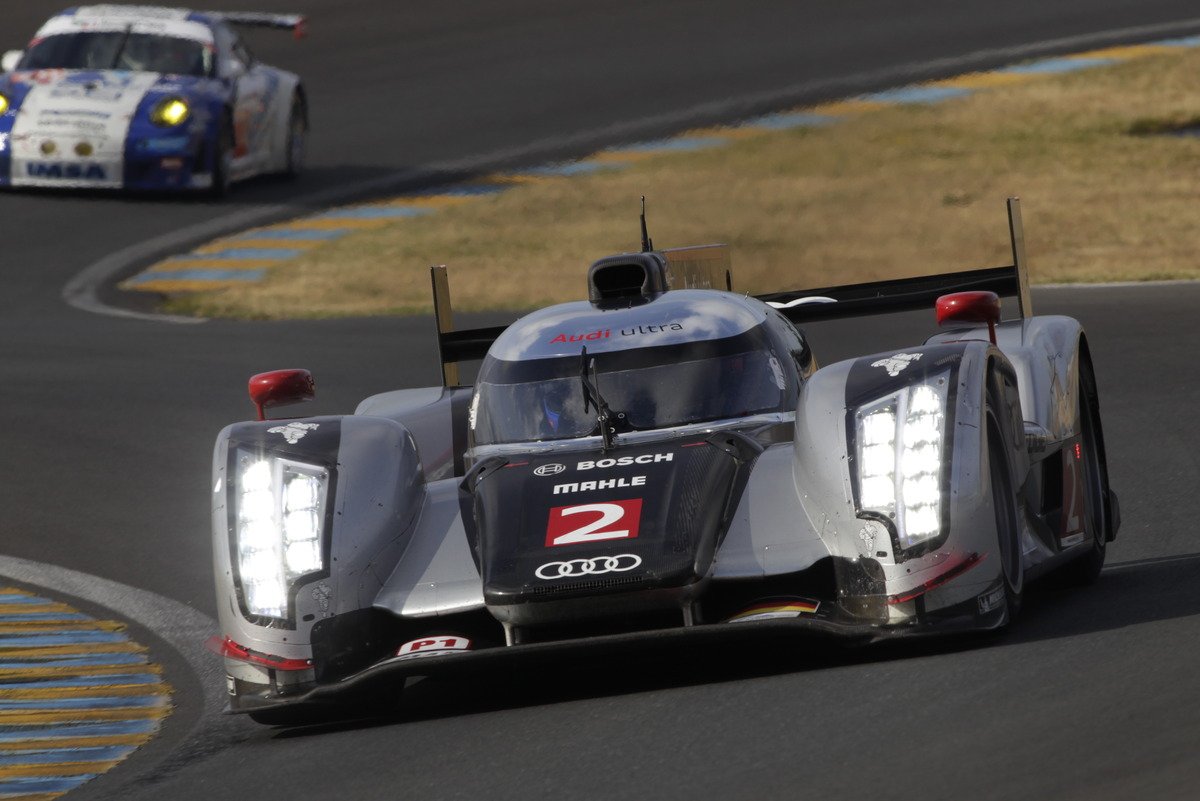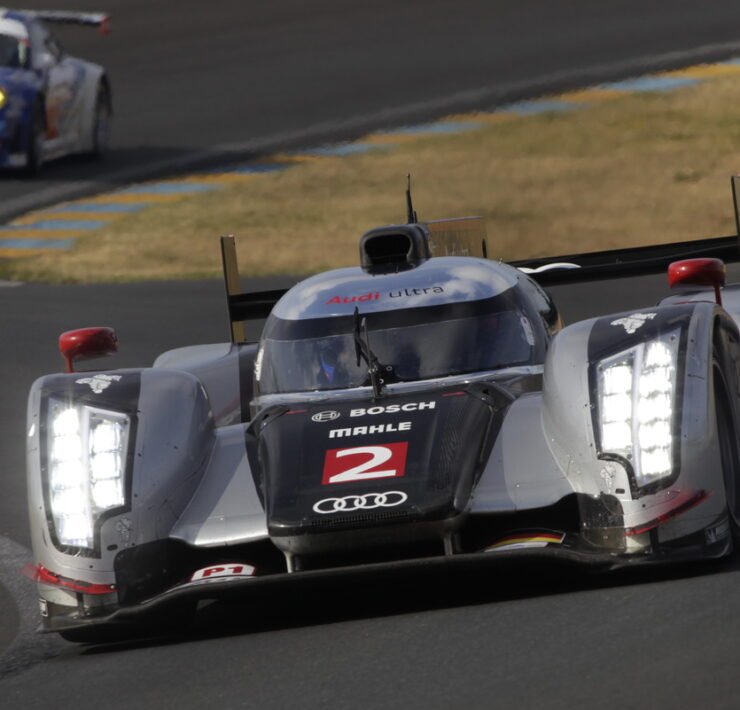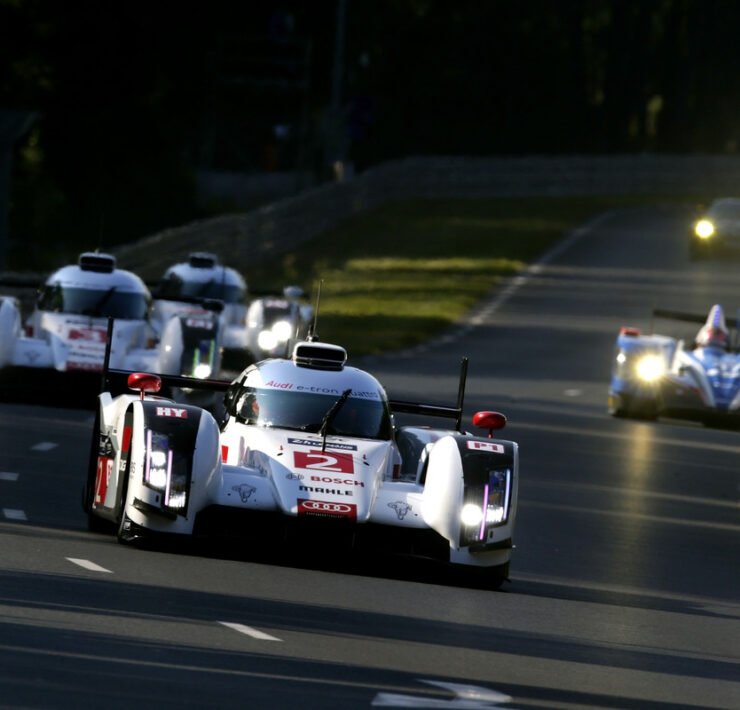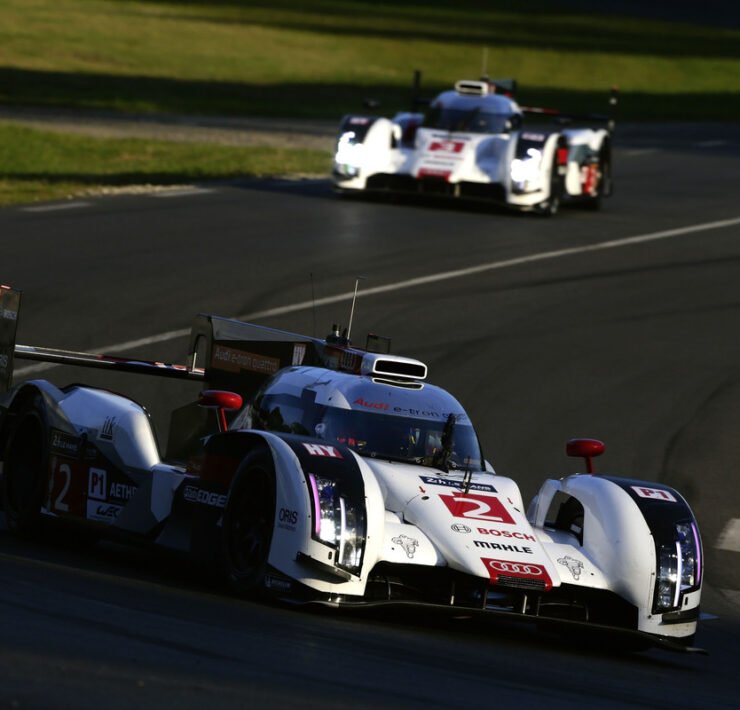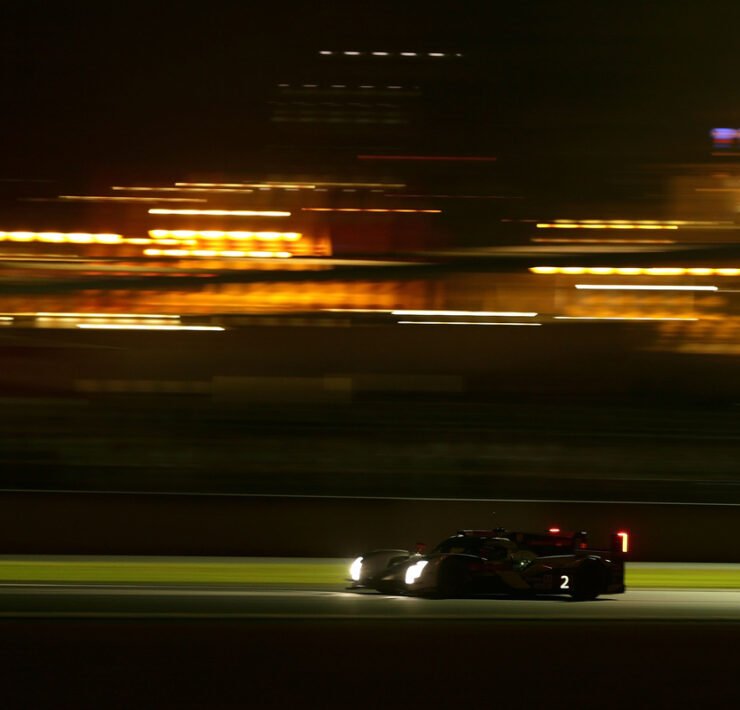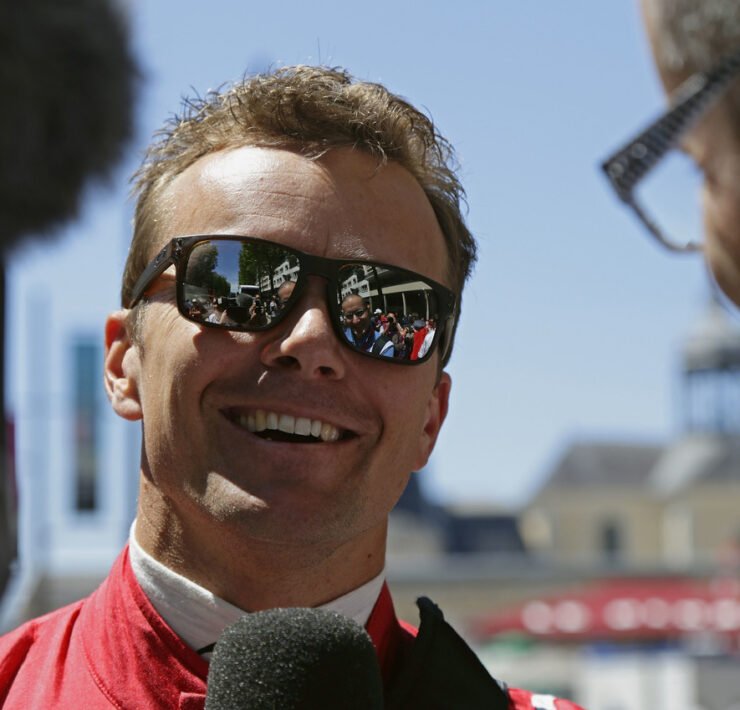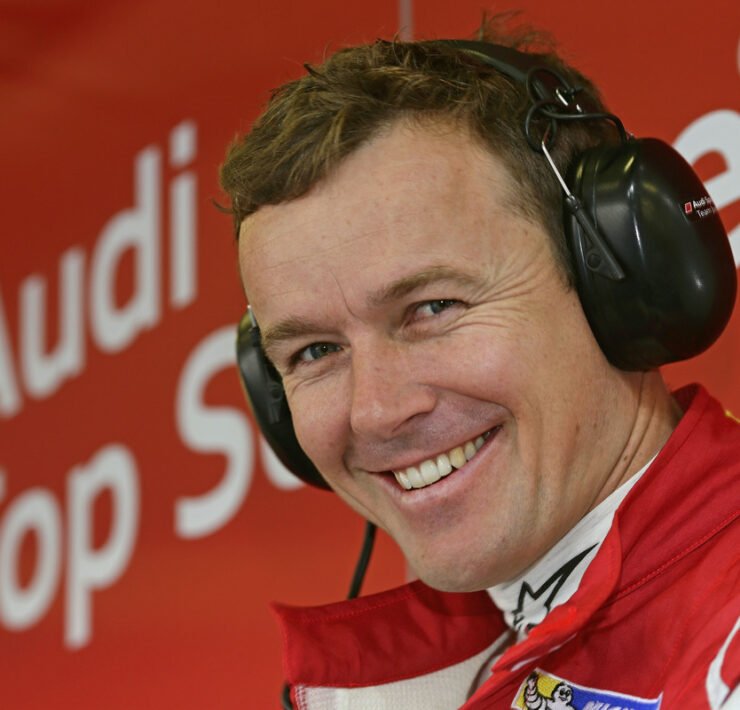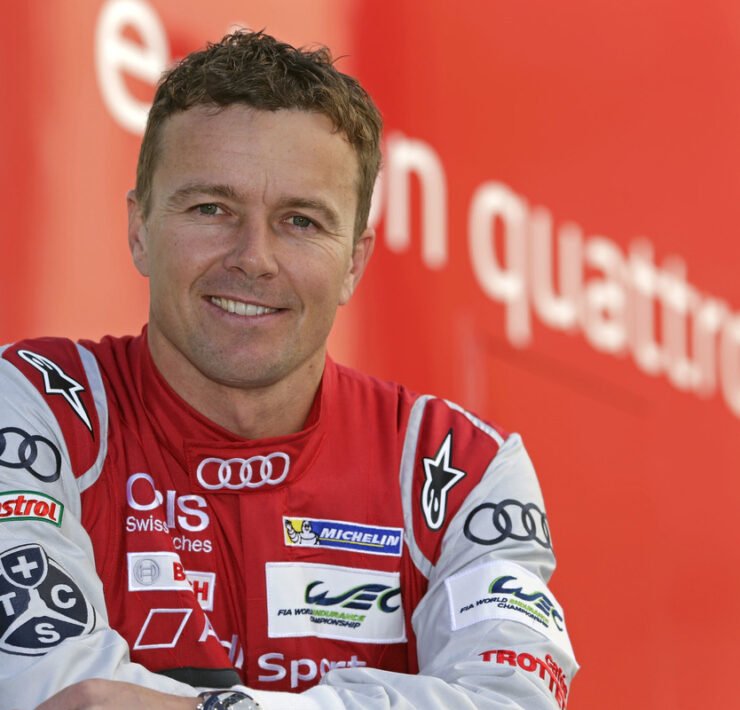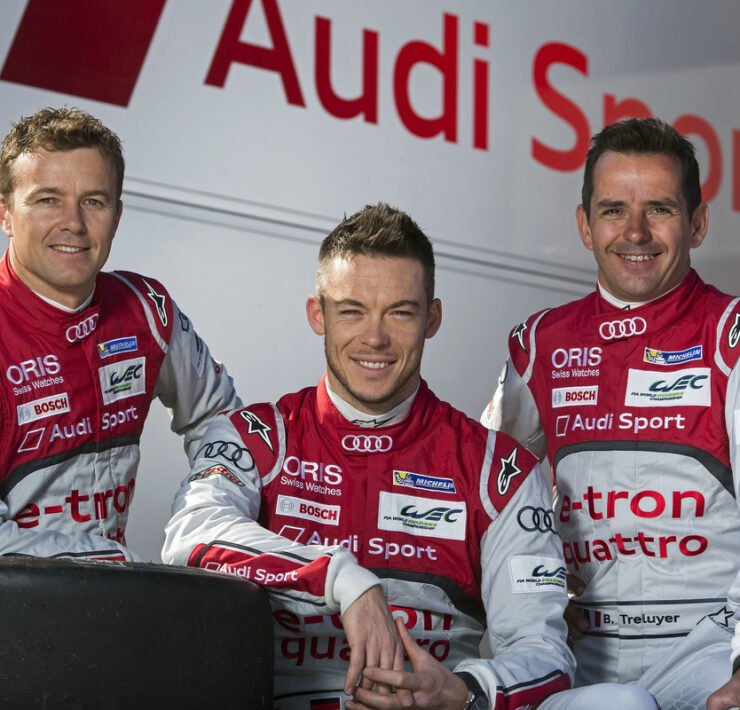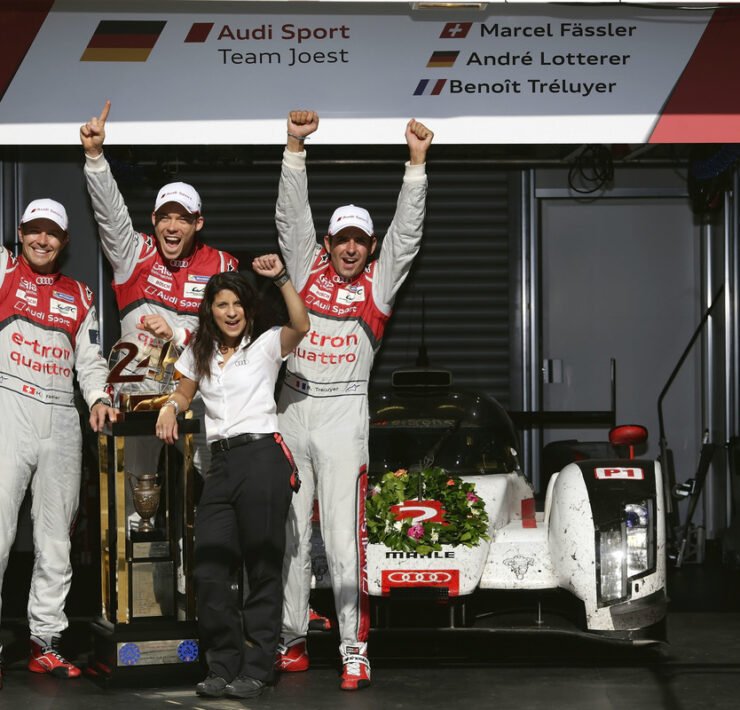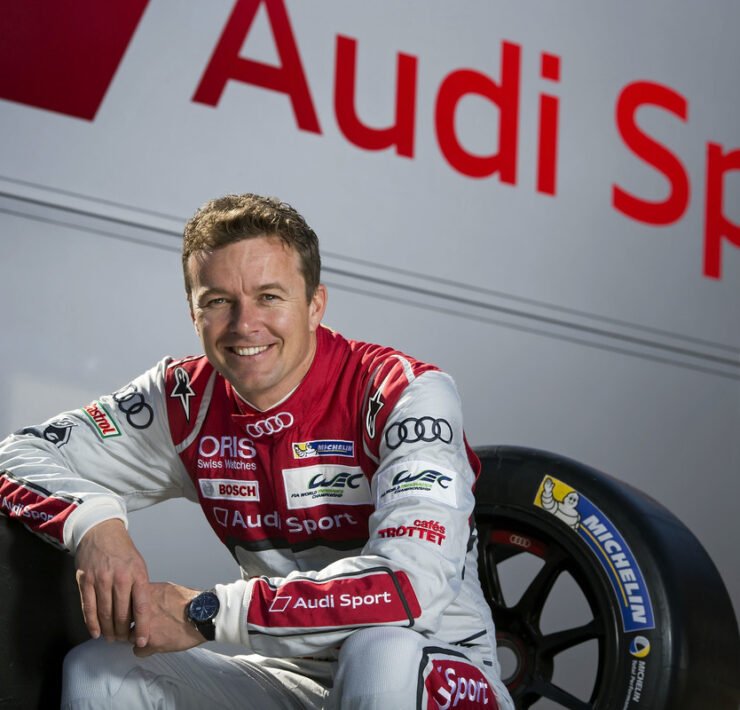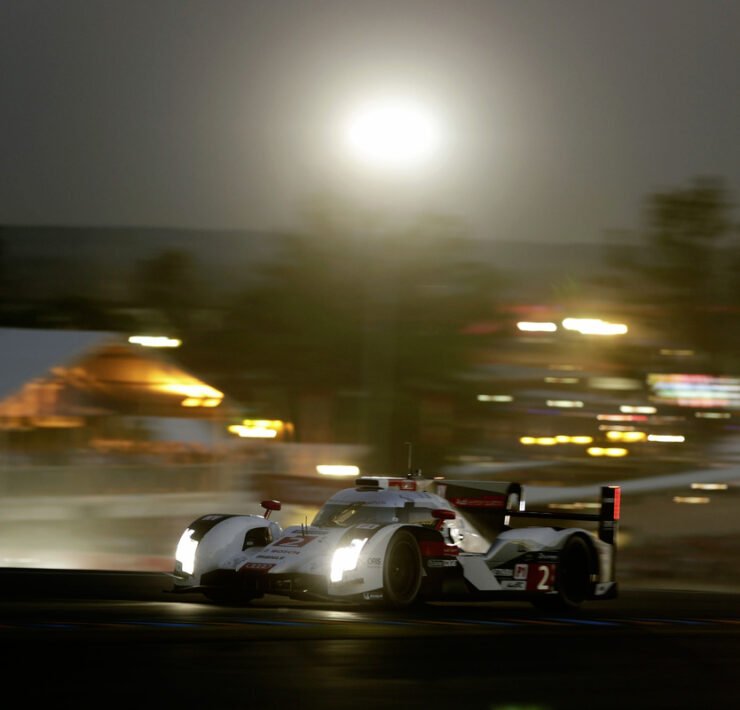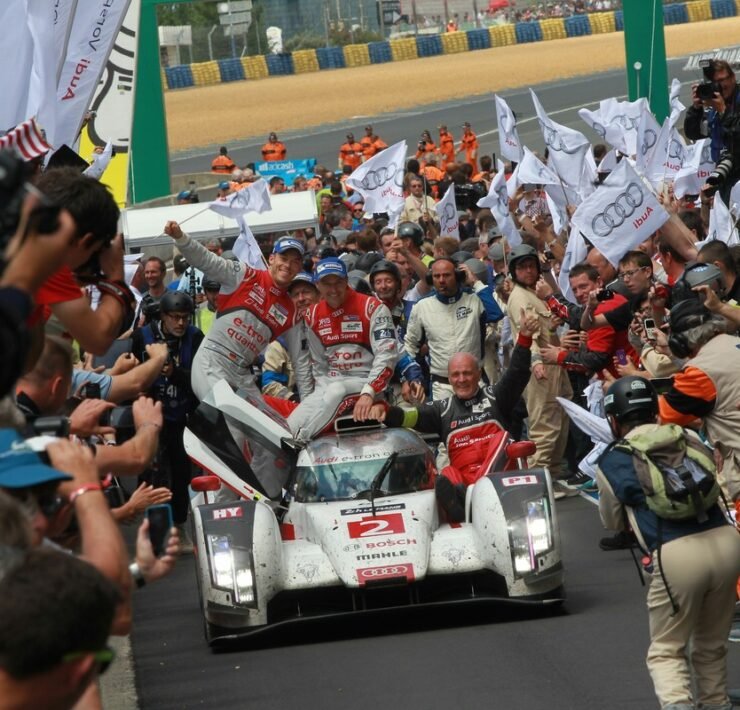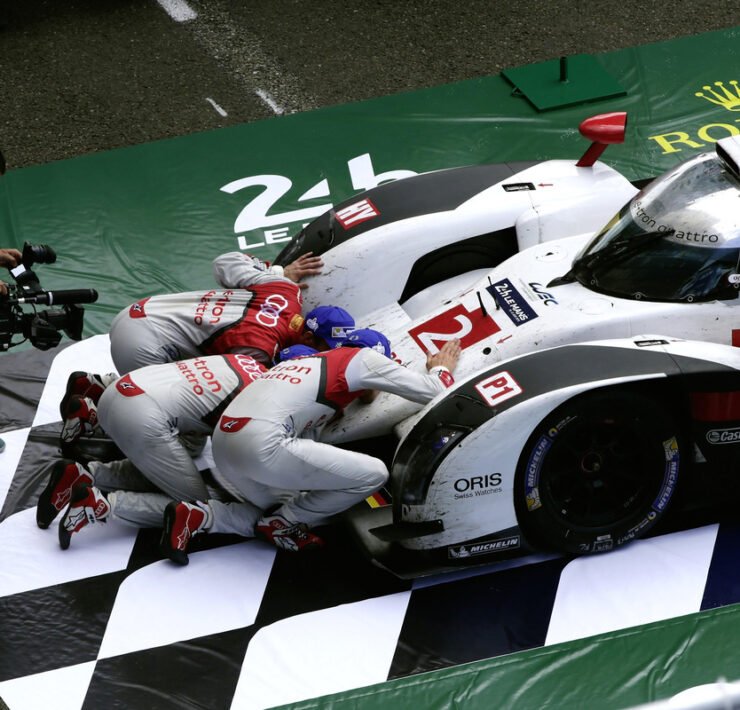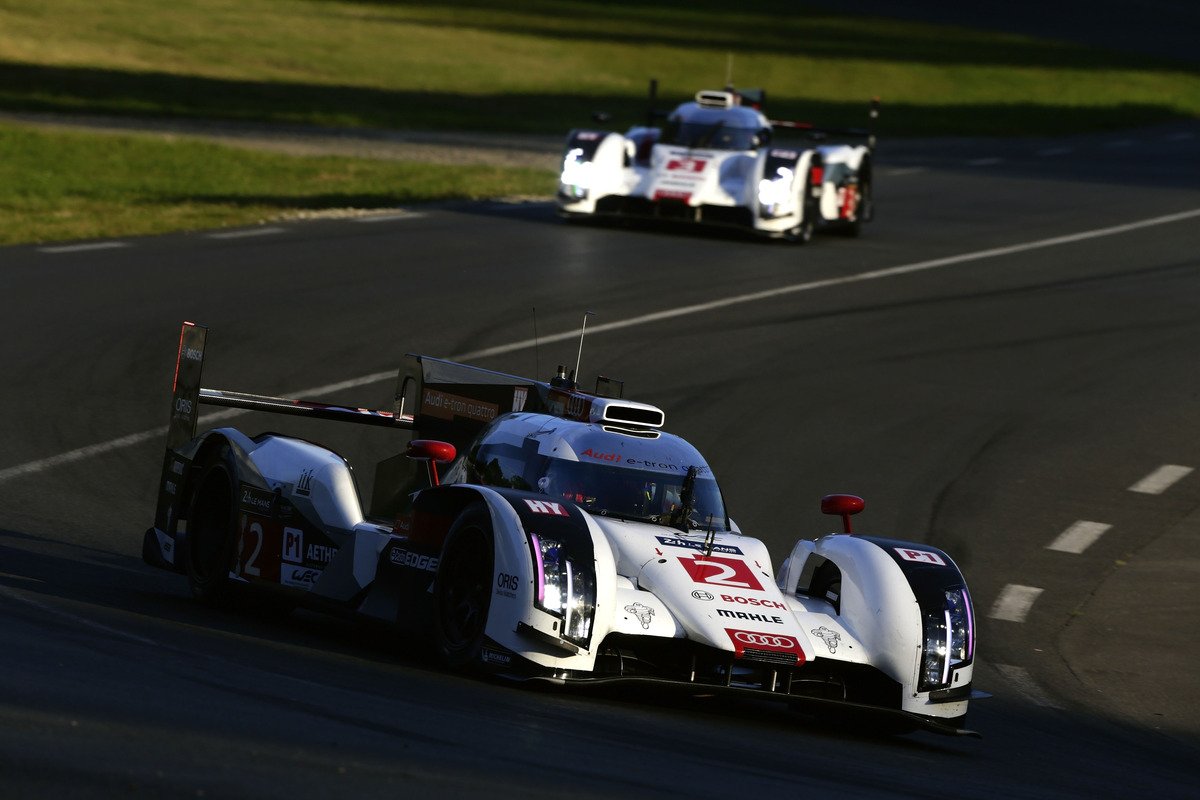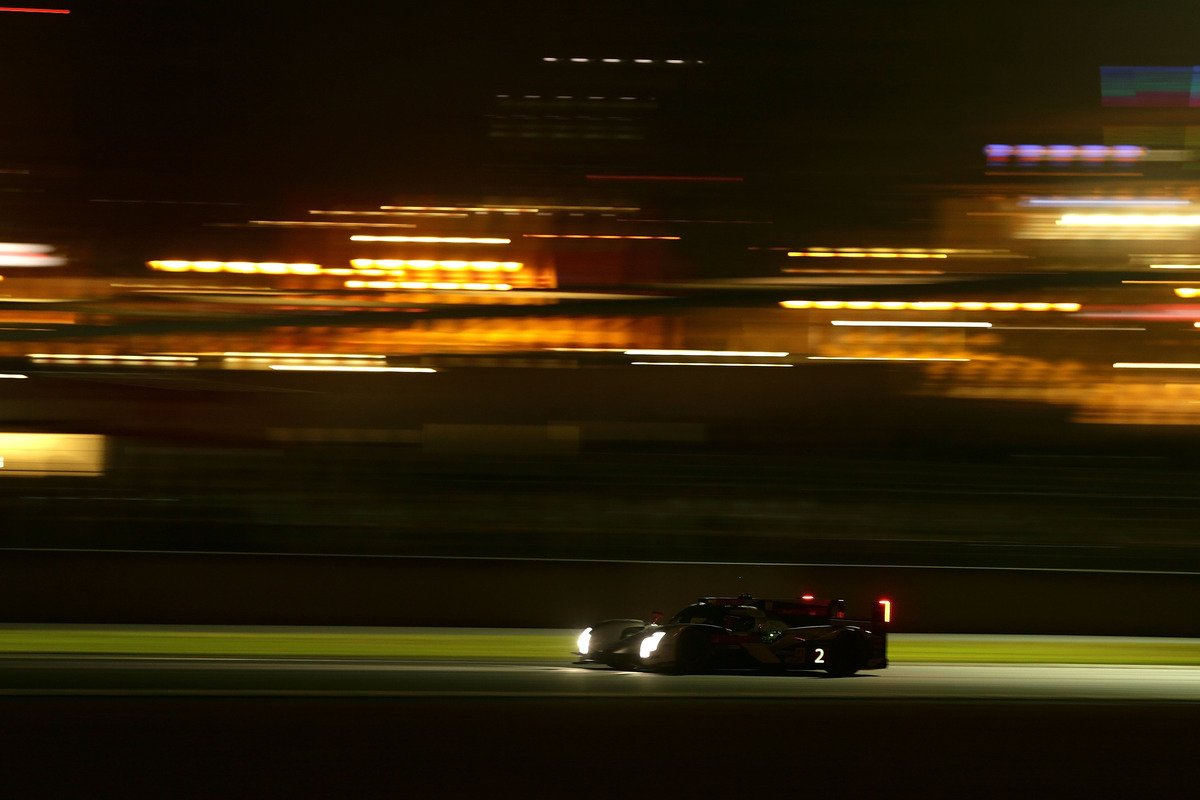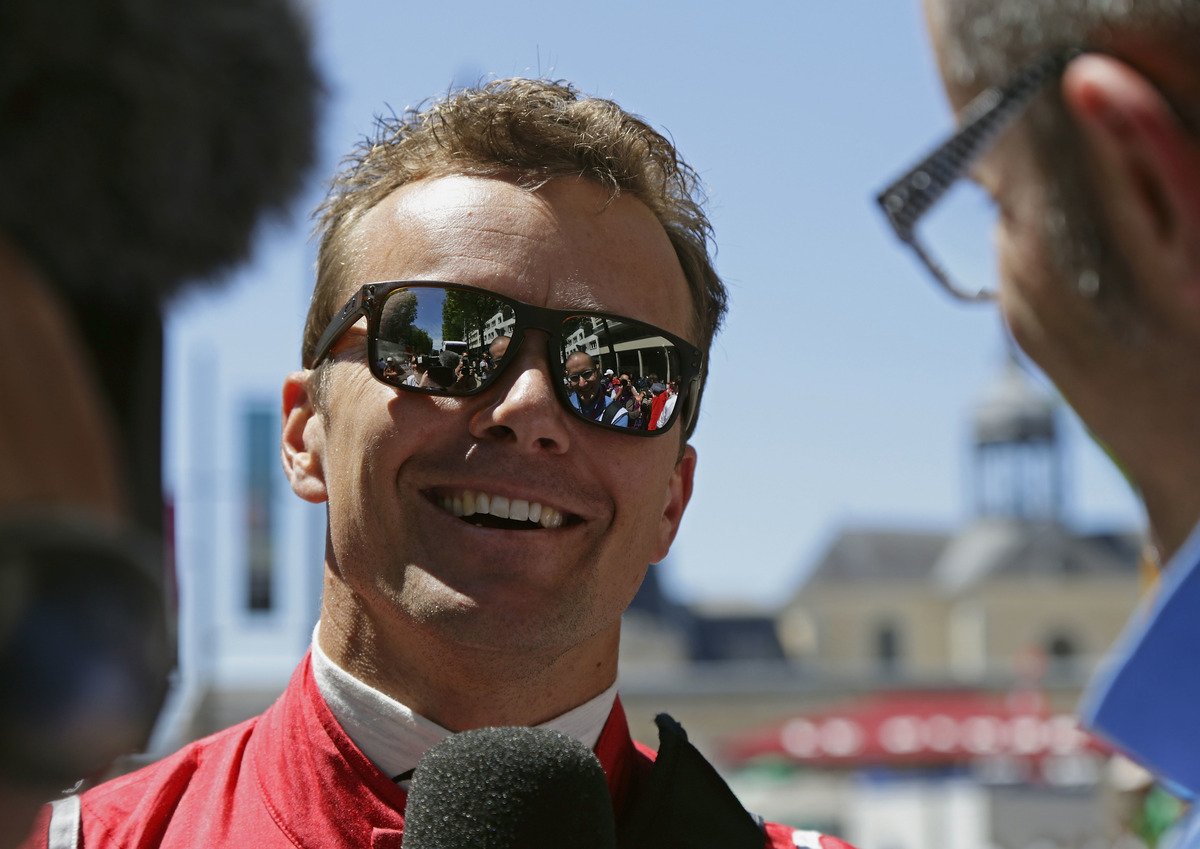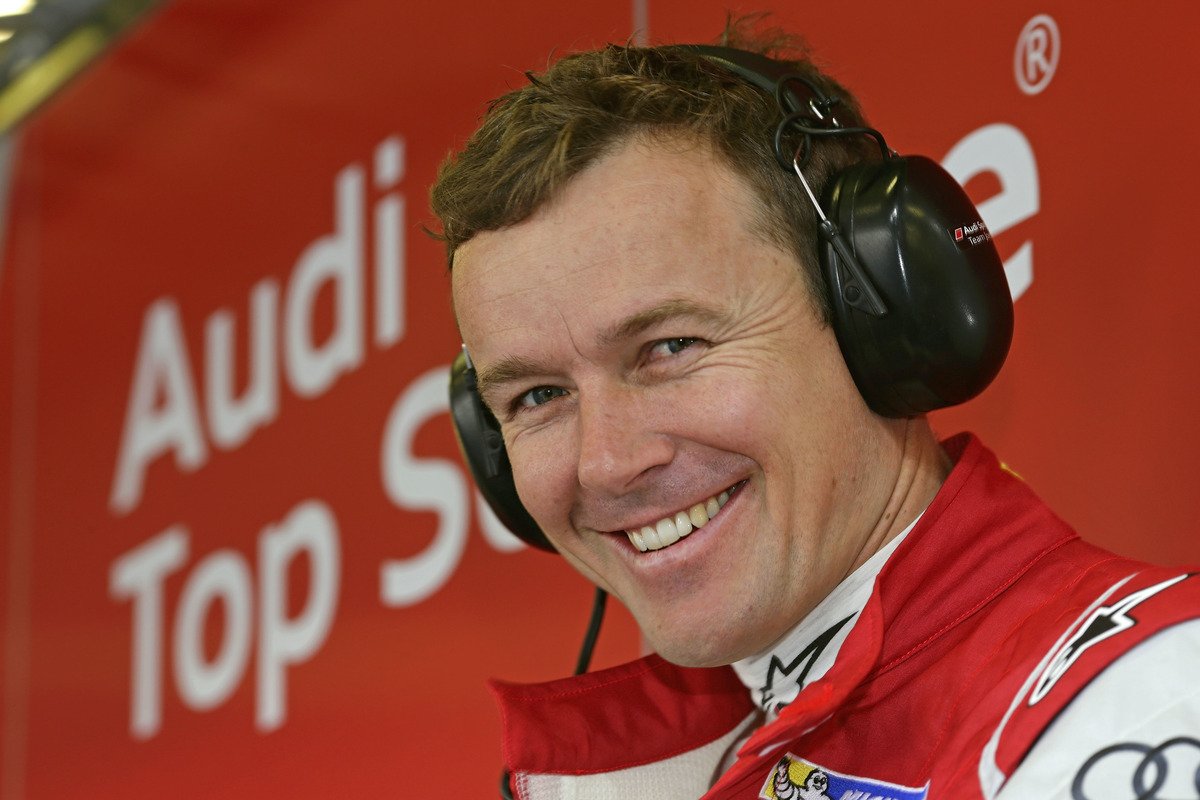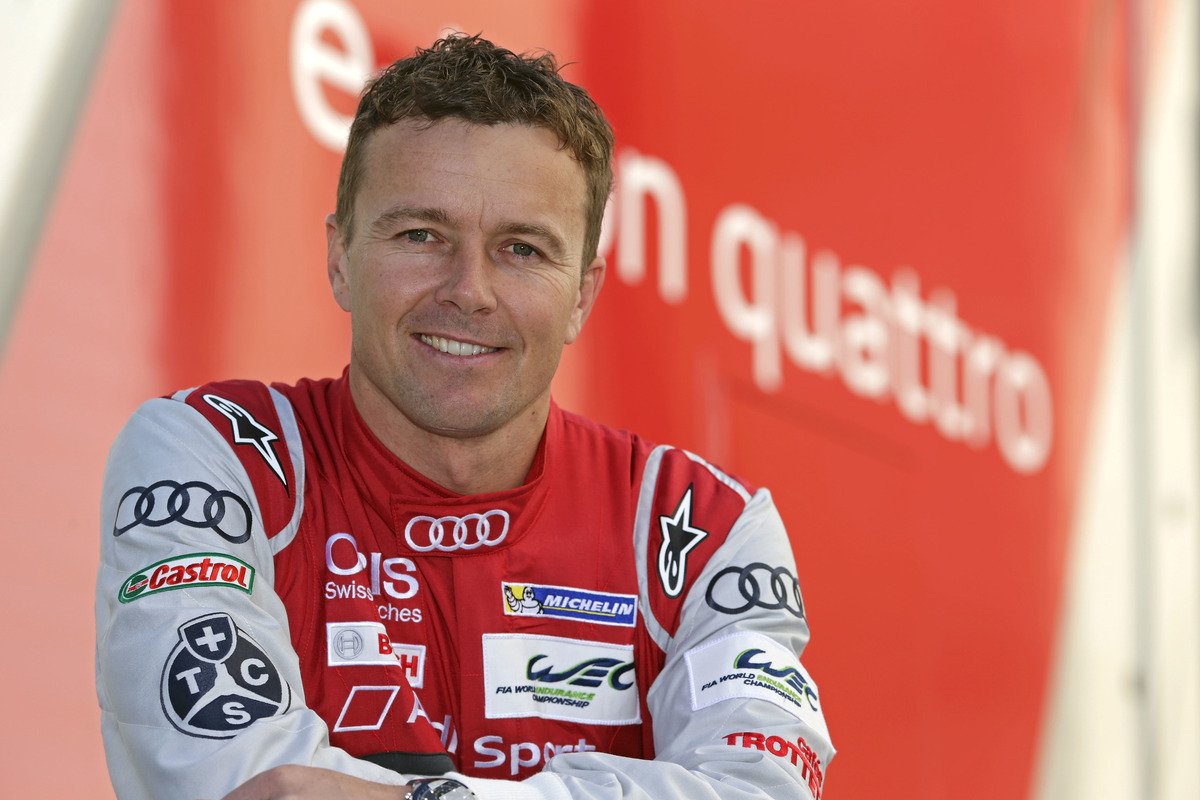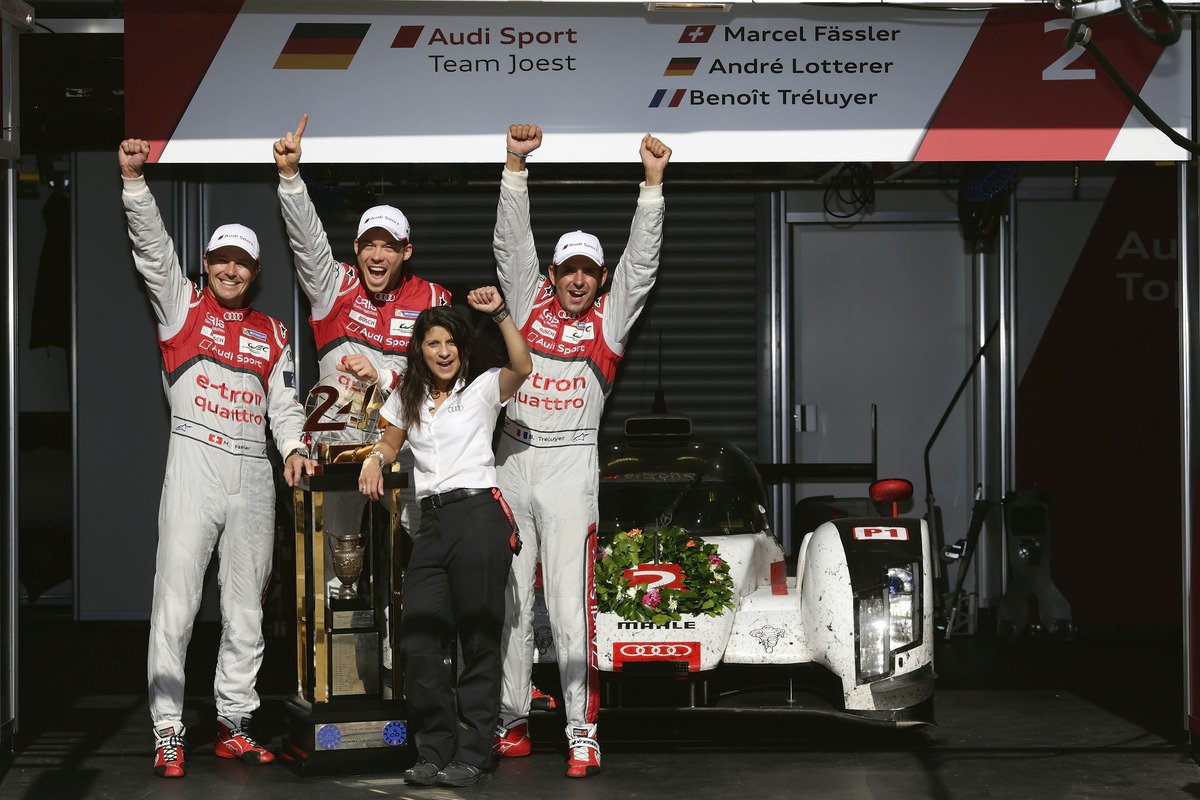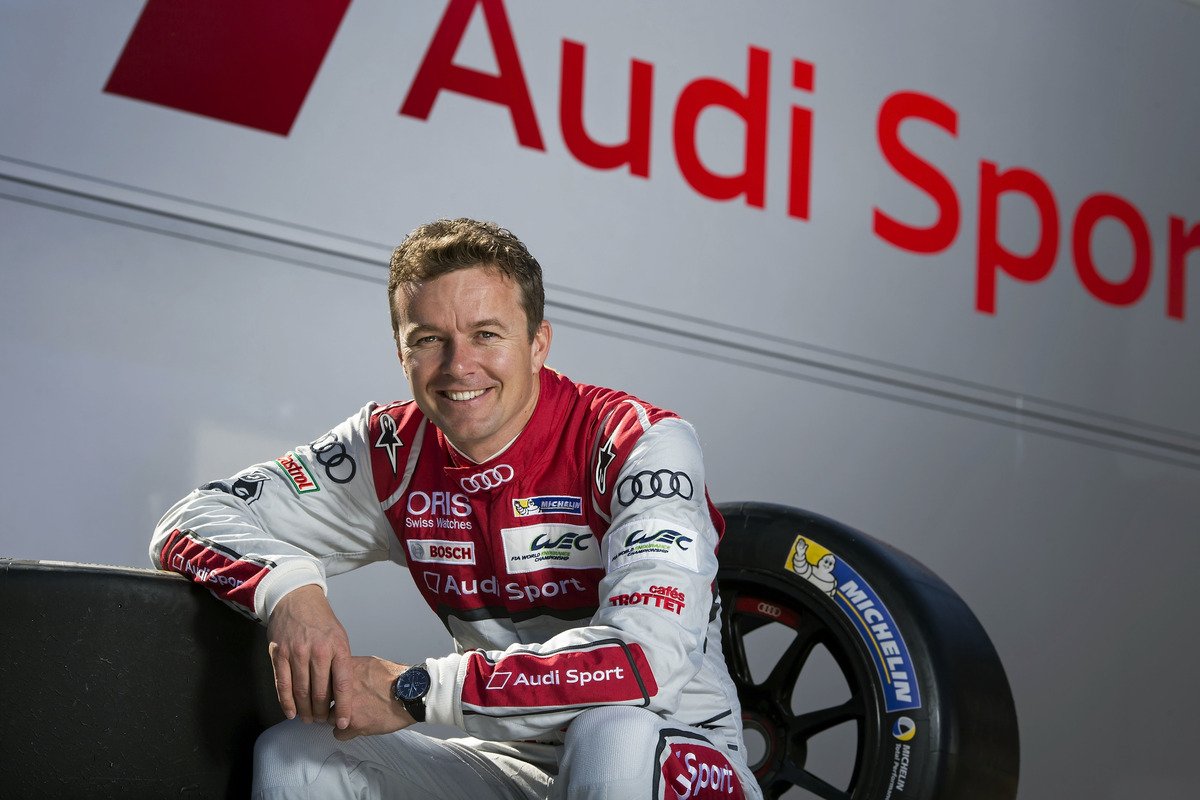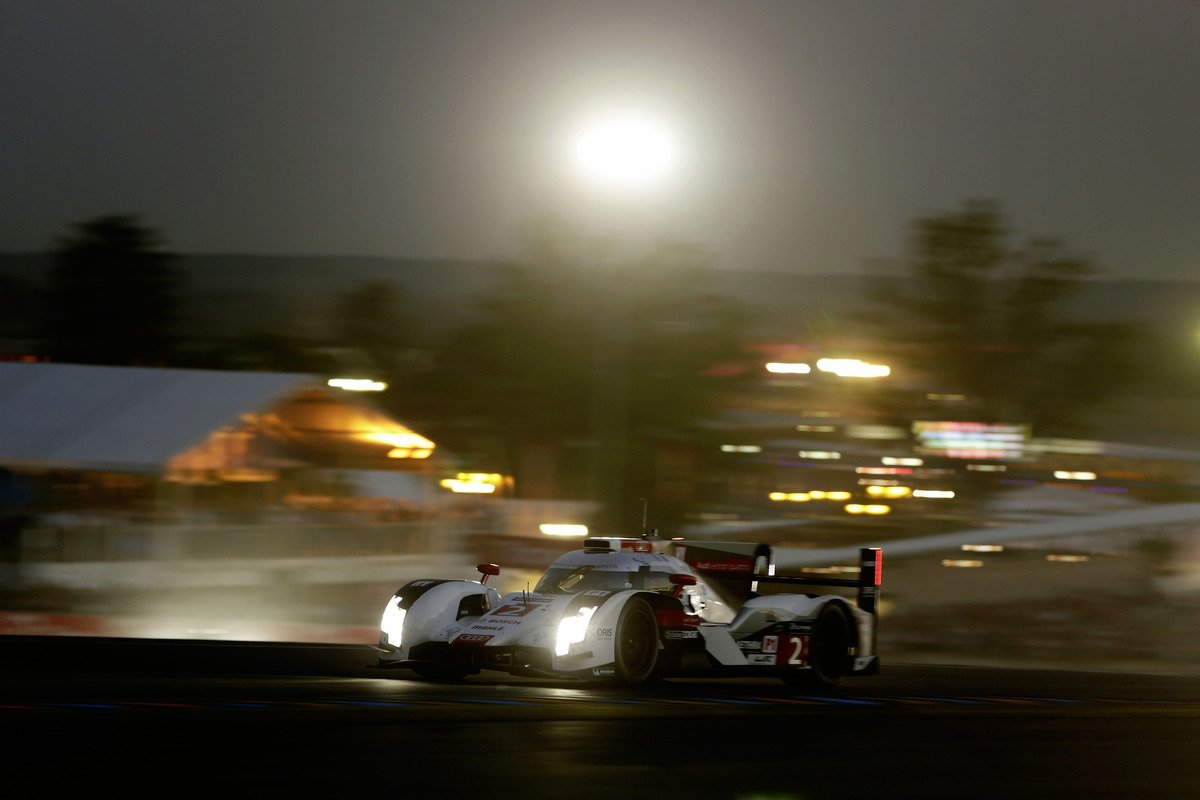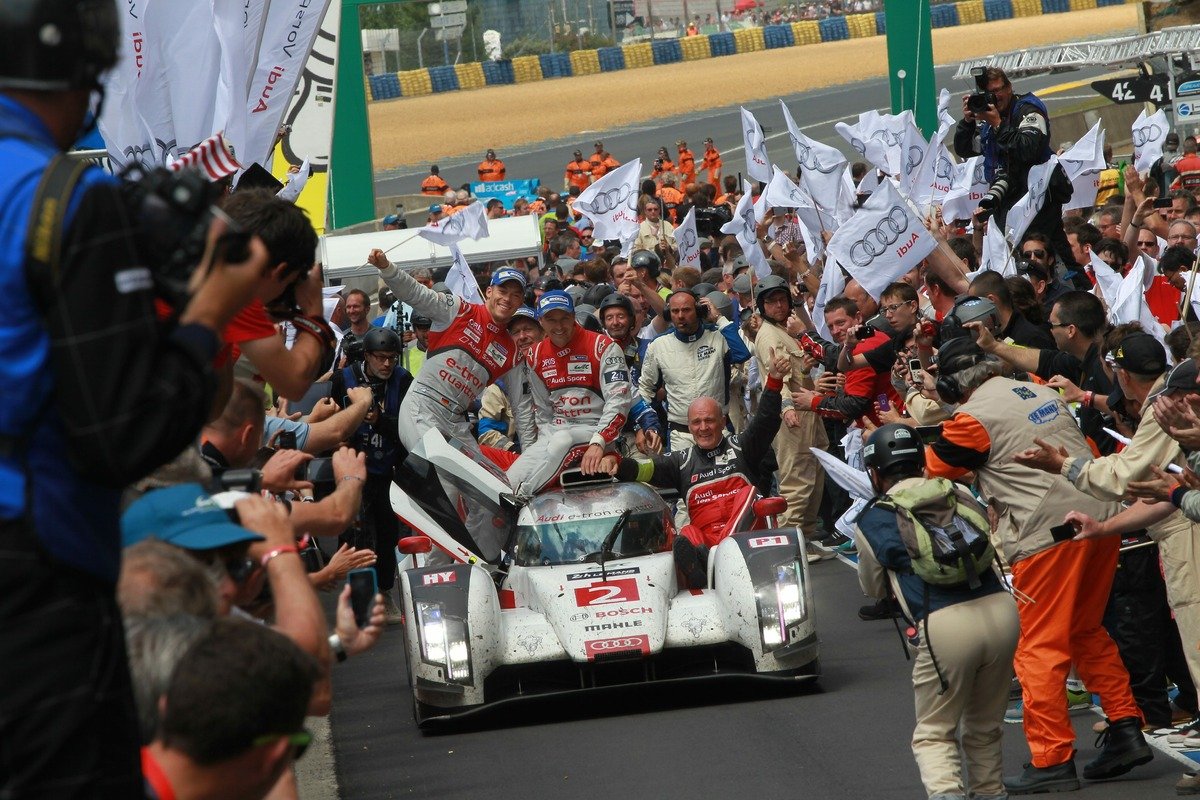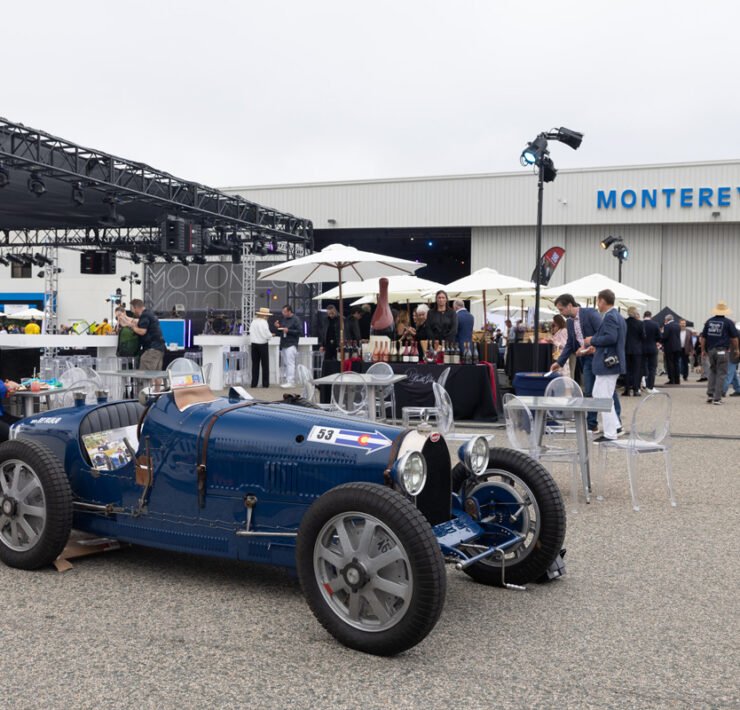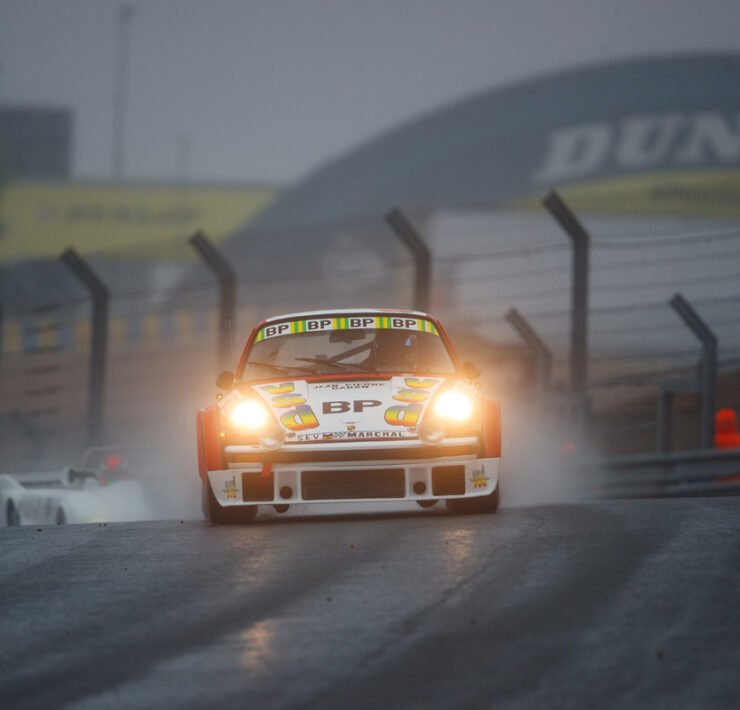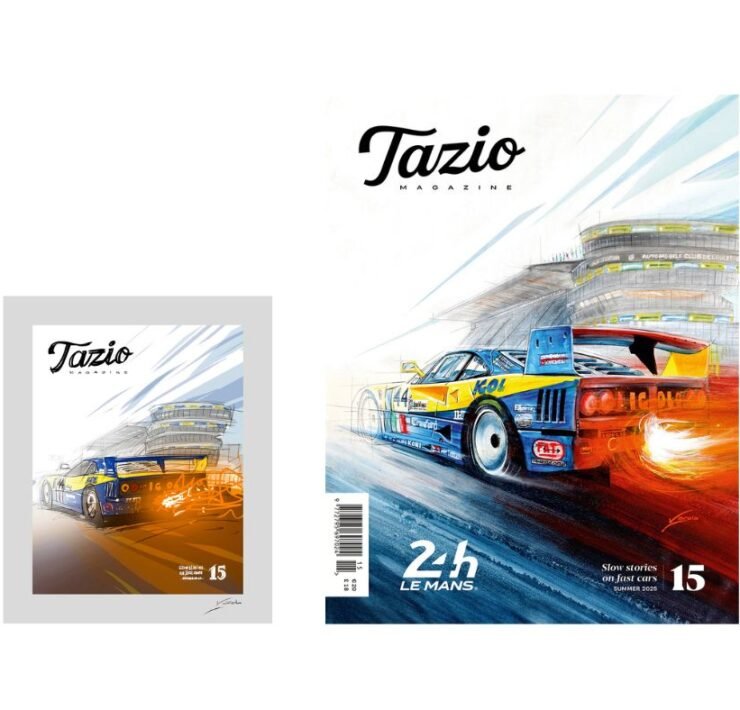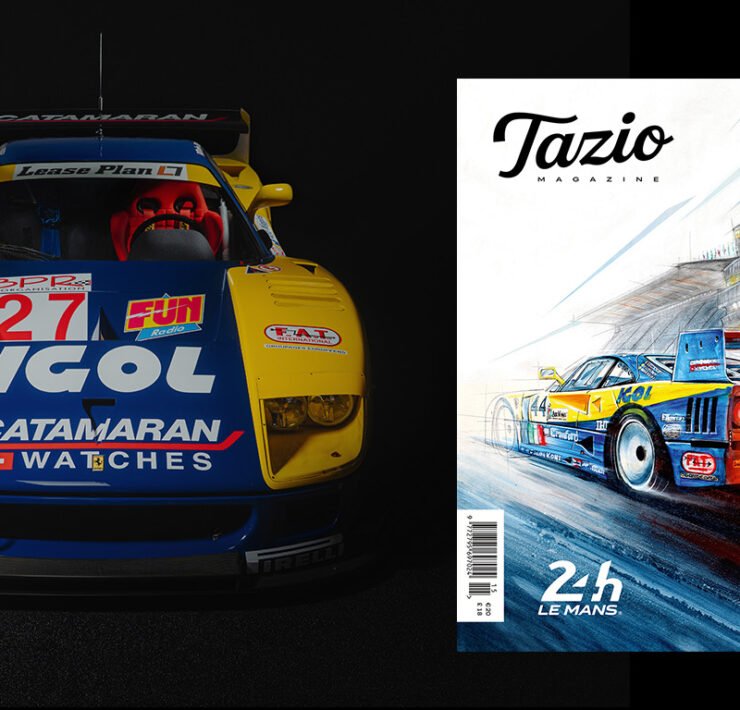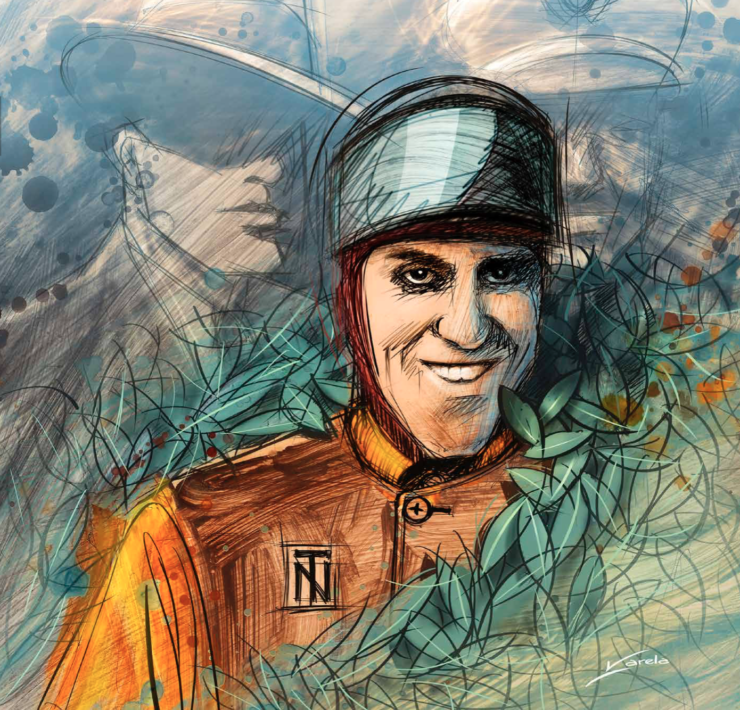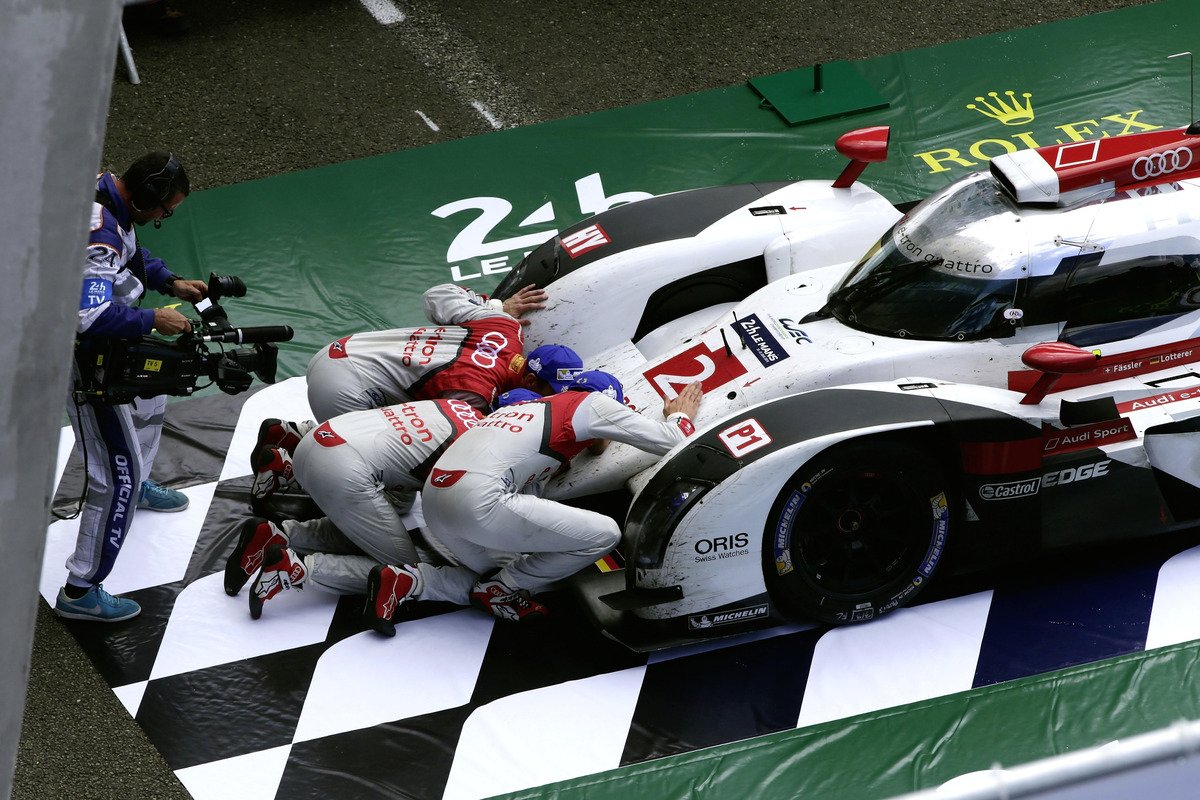
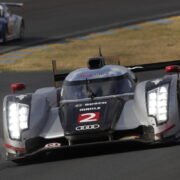
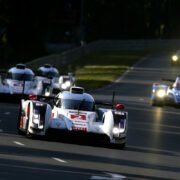
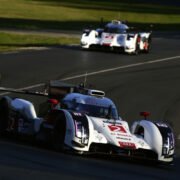
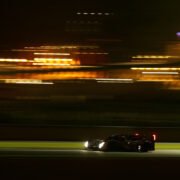 +9
+9 Marcel Fässler on Audi’s final Le Mans victory: “We only led 73 laps, but those were the ones that counted!”
Marcel Fässler on Audi’s final Le Mans victory: “We only led 73 laps, but those were the ones that counted!”
Marcel Fässler on Audi’s final Le Mans victory: “We only led 73 laps, but those were the ones that counted!”
Marcel Fässler on Audi’s final Le Mans victory: “We only led 73 laps, but those were the ones that counted!”
Marcel Fässler on Audi’s final Le Mans victory: “We only led 73 laps, but those were the ones that counted!”
Marcel Fässler on Audi’s final Le Mans victory: “We only led 73 laps, but those were the ones that counted!”
Marcel Fässler on Audi’s final Le Mans victory: “We only led 73 laps, but those were the ones that counted!”
Marcel Fässler on Audi’s final Le Mans victory: “We only led 73 laps, but those were the ones that counted!”
Marcel Fässler on Audi’s final Le Mans victory: “We only led 73 laps, but those were the ones that counted!”
Marcel Fässler on Audi’s final Le Mans victory: “We only led 73 laps, but those were the ones that counted!”
Marcel Fässler on Audi’s final Le Mans victory: “We only led 73 laps, but those were the ones that counted!”
Marcel Fässler on Audi’s final Le Mans victory: “We only led 73 laps, but those were the ones that counted!”
Marcel Fässler won the 24 Hours of Le Mans three times for Audi from 2011 to 2014. The Swiss driver – along with teammates André Lotterer and Benoît Tréluyer – took Ingolstadt’s final victory at the world’s greatest endurance race in 2014. Fässler tells Tazio what it took to make it happen, and how Audi’s R18 e-tron quattro managed to outperform Toyota’s faster TS040…
The 2014 24 Hours of Le Mans should have been an easy win for Toyota. The Japanese manufacturer had taken two wins from two starts at the opening races of the FIA World Endurance Championship with its TS040. The next race up was Le Mans; the one that Toyota had wanted to win since it returned to sportscar racing in 2012.
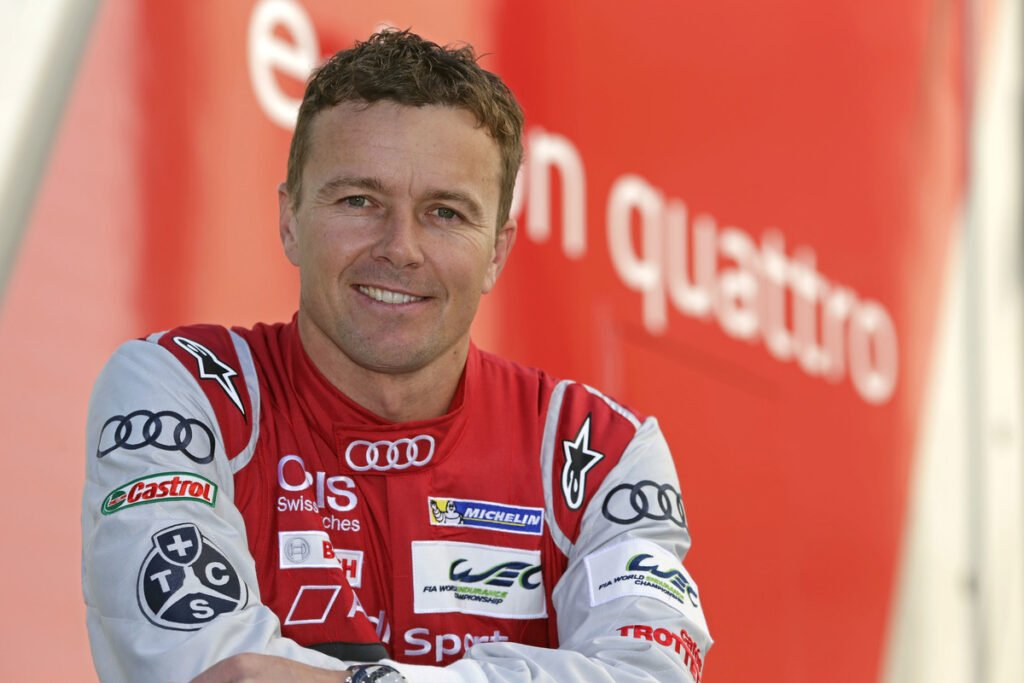
In fact, Le Mans was more than that. A win at the world’s greatest endurance race had eluded Toyota since it debuted at the French classic in 1985.
Pole position
Come the 82nd running of the LM24, and the Japanese team looked set to finally break its duck. The #7 Toyota driven by two-time Le Mans winner Alex Wurz, Stéphane Sarrazin, and Kazuki Nakajima took pole by 0.357 seconds from the #9 Porsche. In 2014, the Zuffenhausen team had returned to Le Mans after an absence of 15 years, and was seeking to add to its already record-breaking run of victories at the event.
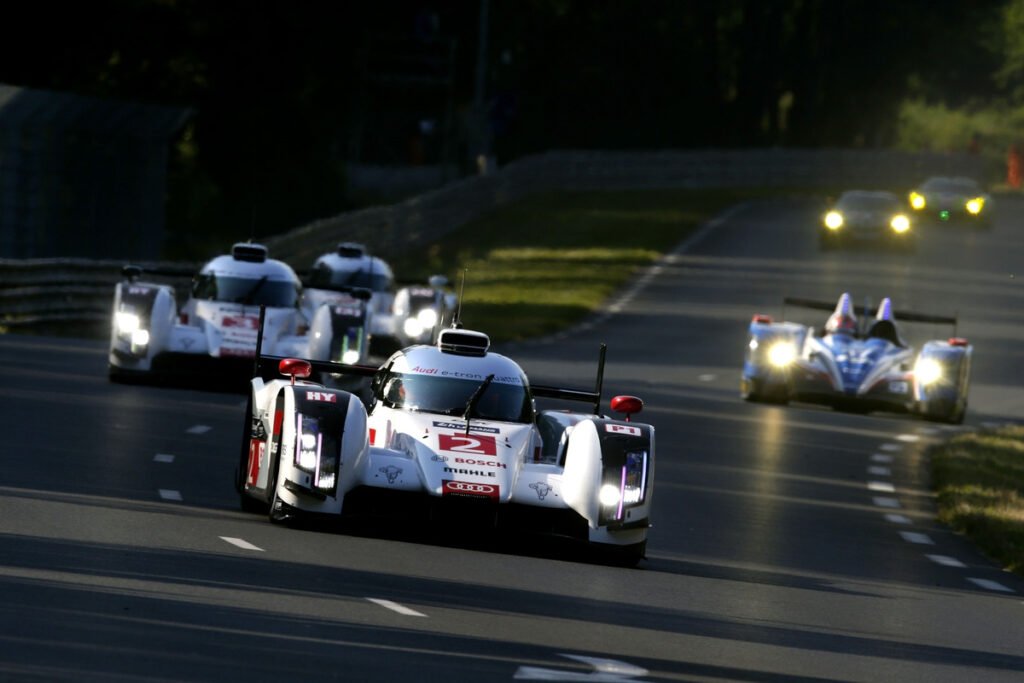
The top-qualifying Audi R18 e-tron quattro was the #3 of Filipe Albuquerque, Marco Bonanomi and Oliver Jarvis in fifth. The sister #2 shared between Fässler, Lotterer, and Tréluyer lined up sixth. Tom Kristensen, the nine-times Le Mans winner who claimed victory for Ingolstadt the previous year, qualified seventh in a car he shared with Lucas di Grassi and Marc Gené.
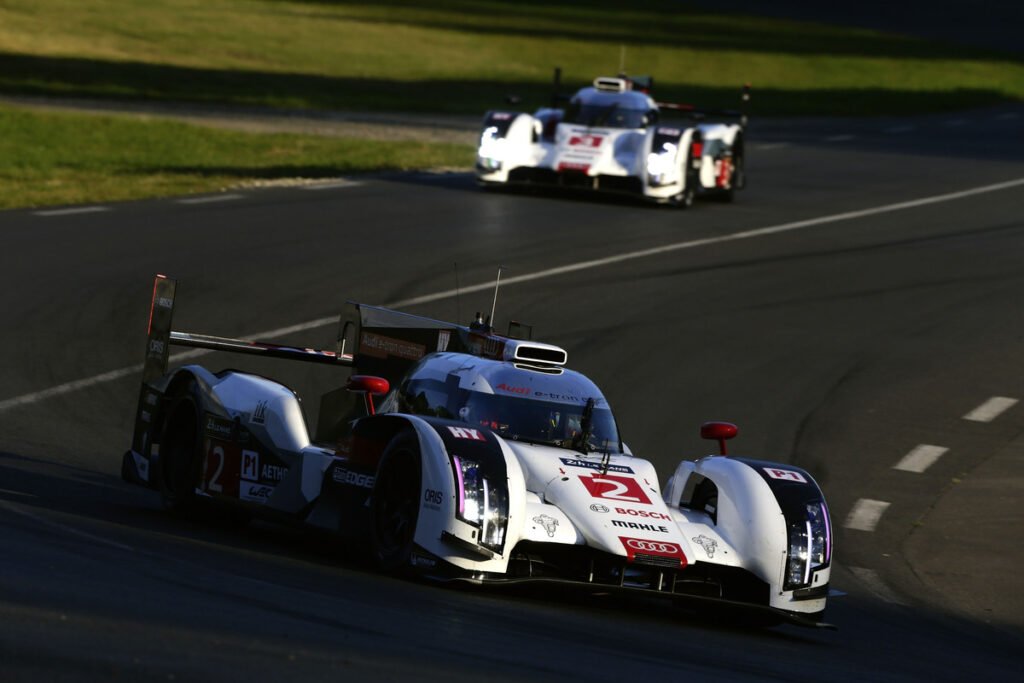
“24 hours is a long time”
Despite his seemingly lowly qualifying position, Fässler wasn’t bothered about it in the slightest. This was Toyota’s race to lose. Up to 2014, Audi had taken 13 wins at Le Mans since 2000. After all, winning the LM24 has never been about having the fastest car. It’s been about having the most reliable package.
“You know, I didn’t really mind about qualifying sixth,” Fässler recounts to Tazio. “I’d been with Audi since 2010 when I was racing their R15 in the American Le Mans Series. (Audi Sport boss) Dr. Wolfgang Ullrich was very keen on focusing on us winning the race. Le Mans meant everything to him, so if we had to compromise a little on qualifying to do the best job for the race, it didn’t really matter. Anyway, 24 hours is a long time…”
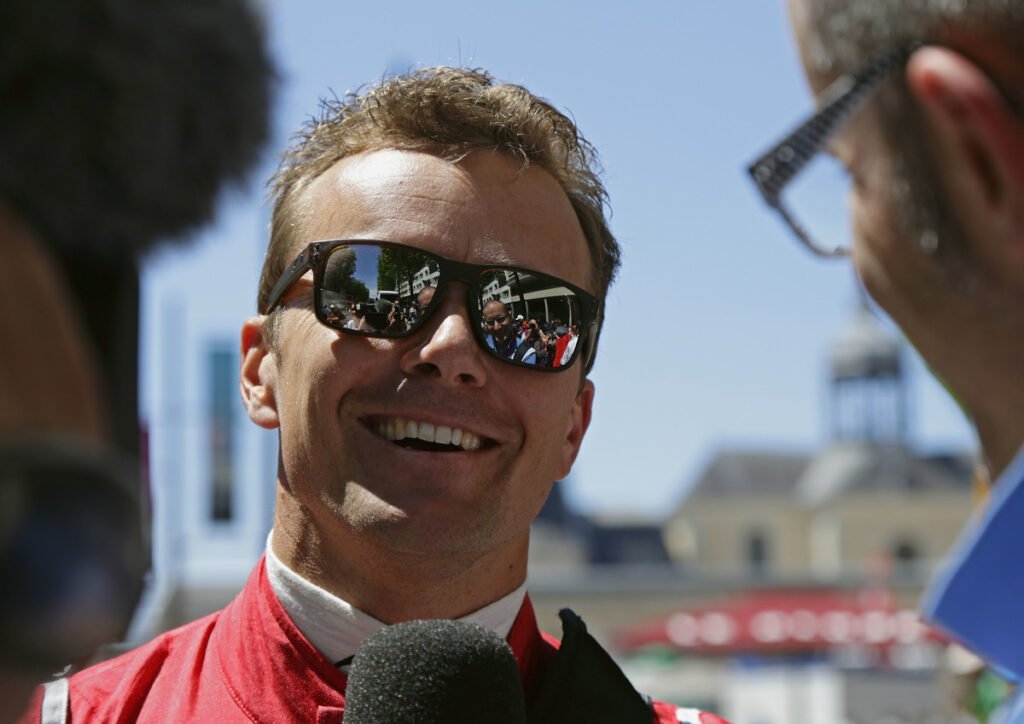
“Nice and fast”
Prior to meeting Marcel Fässler, I assumed that the Einsiedler (Switzerland) would come with somewhat of an ego. After all, until his retirement in 2020, Fässler was considered to be one of the world’s best endurance drivers, and a three-time Le Mans winner at that. Instead, the 48-year-old is reassuringly easygoing; very much a regular bloke you could have a beer or several with. In a previous life, he just happened to be very good at racing cars fast. Really fast.
Don’t believe me? Ask any of his former Audi colleagues about Fässler’s nature. You’ll hear him described as everything from “such a good guy, one of the best!” by one of Ingolstadt’s current press officers, and “definitely one of the nicest and fastest people I ever worked with” by Ullrich.
When Fernando Alonso waved the French Tricolour to mark the start of the 2014 LM24, the 54-car field was led by Wurz’s Toyota. The sister #7 car driven by Nicolas Lapierre, Anthony Davidson, and Sébastien Buemi was second after jumping the second-place #9 Porsche in the early stages.
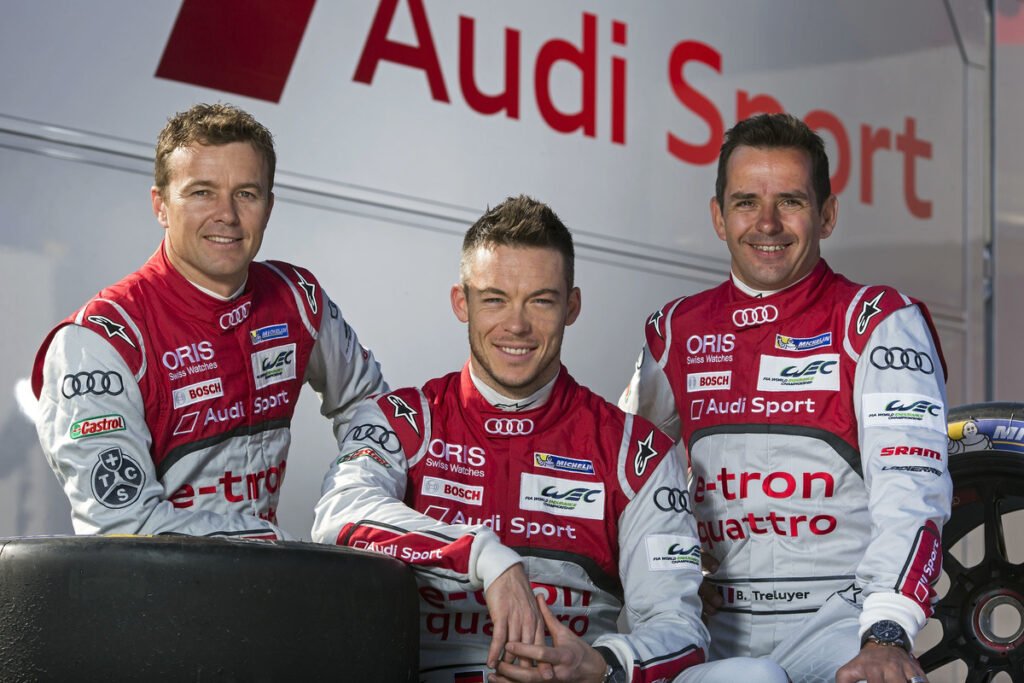
The waiting game
The Fässler/Lotterer/Tréluyer car led the Audi pack in third with Lotterer on driving duties.
The trio were fully aware of what they needed to do to win the world’s greatest endurance race. They’d taken their debut victory at Le Mans in 2011, and followed it up with a second win in 2012. No drama needed. No risks taken. The R18 lapped the 13.6 kilometre Circuit de la Sarthe, biding its time.
And its time would come.
Come the second of the race’s 24 hours, Toyota’s challenge already began to unravel. La Sarthe’s unique and fearsome microclimate caught out the second place Lapierre/Davidson/Buemi. Under rainy conditions, the #7 TS040 smashed headlong into the barriers on the Mulsanne Straight and promptly tumbled down the field and out of contention. It would, however, recover to finish third some, albeit five laps down on the winning Audi.
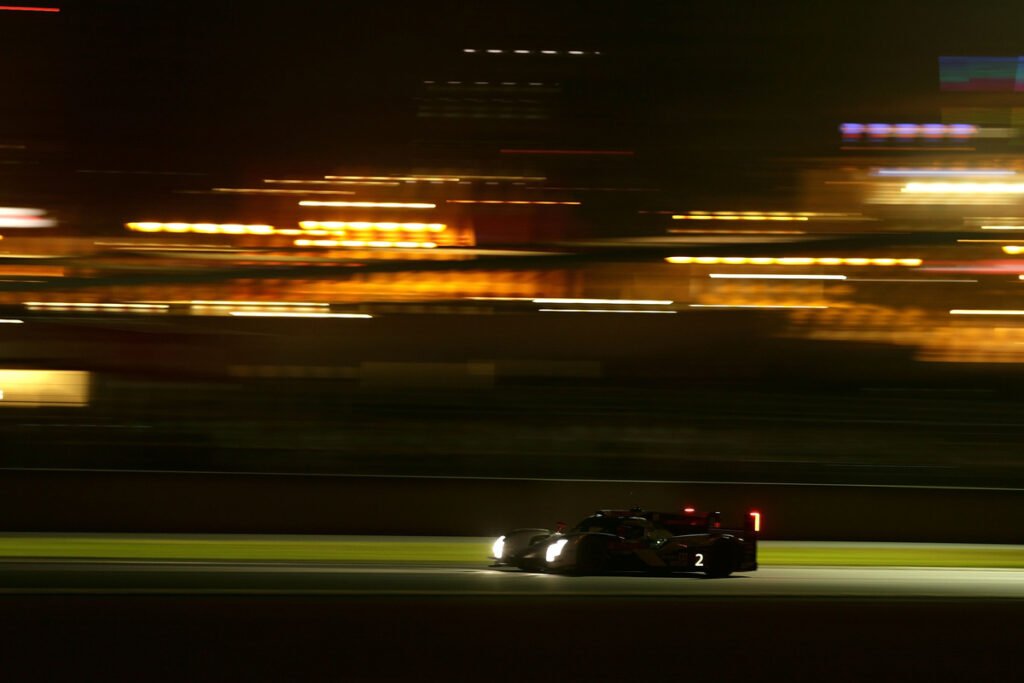
Audis in trouble
As day became night, the leading Toyota #8 stretched its advantage to more than a minute over the Fässler/Lotterer/Tréluyer car. When midnight fell, Le Mans’ witching hour came with it. Kristensen’s Audi rumbled into the pits with a fuel injector failure; a precursor to what would similarly shortly befall the #2 R18. For Toyota, however, things would swing from bad to worse.
With Nakajima driving, the #8 started its ninth hour in the lead of the race. The ninth hour was also when fate cruelly snuffed out any hopes of a debut Le Mans win for Toyota. An FIA-piece of monitoring equipment melted a wiring loom and forced the leading car to a halt. With the driver unable to repair the component, Toyota’s Le Mans challenge was completely shattered. The stricken TS040 sat helpless by Arnage.
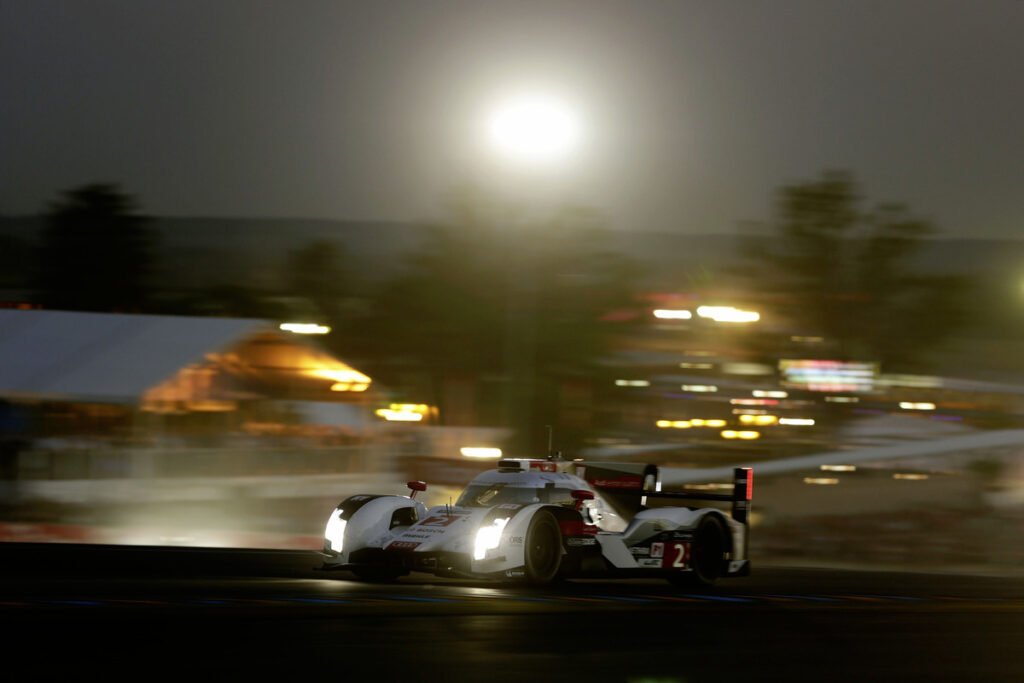
Moving up
Suddenly, the #2 was leading the race. It begged the questions: Was a third win for Fässler/Lotterer/Tréluyer now a possibility? Could Audi take its 14th LM24 victory since the start of the 2000s?
“You know, you never think about winning when you’re in the middle of such a long race like Le Mans,” explains Fässler. “You have so much going on around you and so much adrenaline, victory is the last thing on your mind. You’re just focusing on your job. Besides, I was asleep when I found out about us taking the lead after the Toyota DNF. Someone had to wake me up to tell me!
Racing in darkness
“Jokes aside, you never take pleasure when your biggest rival retires. I’ve always preferred to do my winning fairly on track, just like we did against the Peugeots in 2011,” he continues. “The team put me in the car to take over from Ben(oît) just after midnight. I always enjoyed driving in the dark. It’s a huge challenge. Us drivers are seriously limited in what we can see, because we’re relying solely on our headlights. The references we had in the daylight are rendered pretty much useless. It’s hard, but it’s still something I liked a lot.”
Turbo failure
Things wouldn’t remain smooth for the Swiss for long. An hour later, one of the turbochargers on the Audi’s 4-litre diesel V6 engine failed. The R18 returned to the pits, with the Joest team promptly wheeling it back to the garage for an all-or-nothing repair job. The Kristensen Audi then took the lead, with the #20 Porsche in second.
“When the turbocharger failed, we lost around 20 minutes in the pits. When you lose that much time at Le Mans, it’s likely you lose the race,” Fässler says. “Our mechanics put in so much passion to fix our car; they were burning their arms to fit the new turbo because the engine was glowing red hot! I’d never seen anything like that, especially as I was still sitting in the car and watching everything while the fixes were taking place.
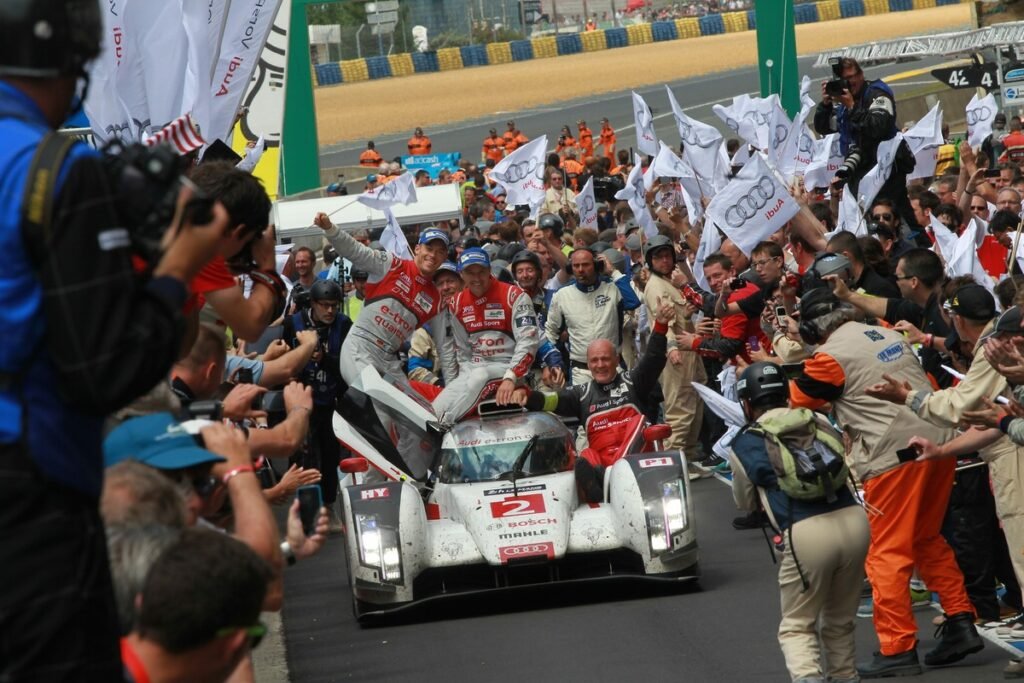
Qualifying pace
“Myself, Ben and André then decided to drive the race like a qualifying session to try and get our crew at least a podium. That was what they deserved as the very minimum, and at that point, we had nothing to lose. We then drove quadruple stints and gave it everything we could.”
Watch the onboards of each of the drivers’ quadruple stints in what Fässler described as “happy hour,” and it’s easy to understand why their 2014 fightback is considered to be one of the all-time great comeback drives in Le Mans’ 101-year history.
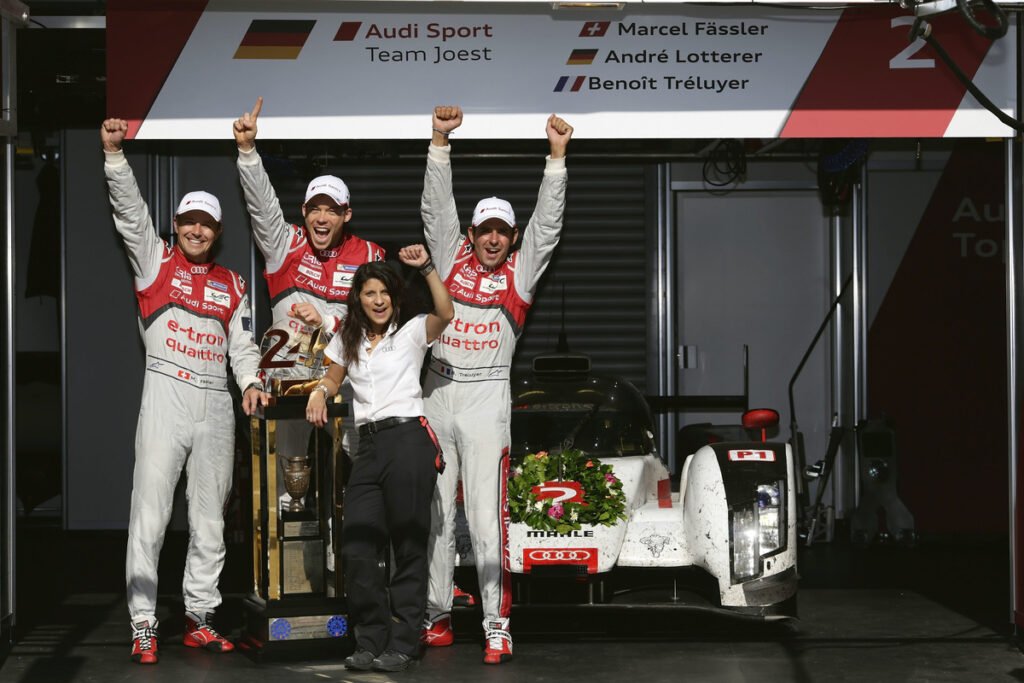
Back to first
A similar turbocharger failure shortly befell Kristensen’s car, and Porsche’s chance of a fairytale return victory to Le Mans was curtailed with a gearbox failure. With two hours to go, the #2 Audi took over the lead where it would stay until the chequered flag after a total of 379 laps, and a race time of 24 hours, one minute, and 59 seconds.
“I think nobody was expecting us to win Le Mans in 2014, and I have to admit we had a little bit of luck,” Fässler concludes. “The R18 chassis in 2014 was strong, and our engine guru, Ulrich Baretzky, did a very good job on the engine that year. It was very smooth, and very powerful.
“However, throughout that entire season, we were lacking a little bit behind the Toyota in outright pace. If I remember rightly, we were running four megajoules from our hybrid system, and they were running six.
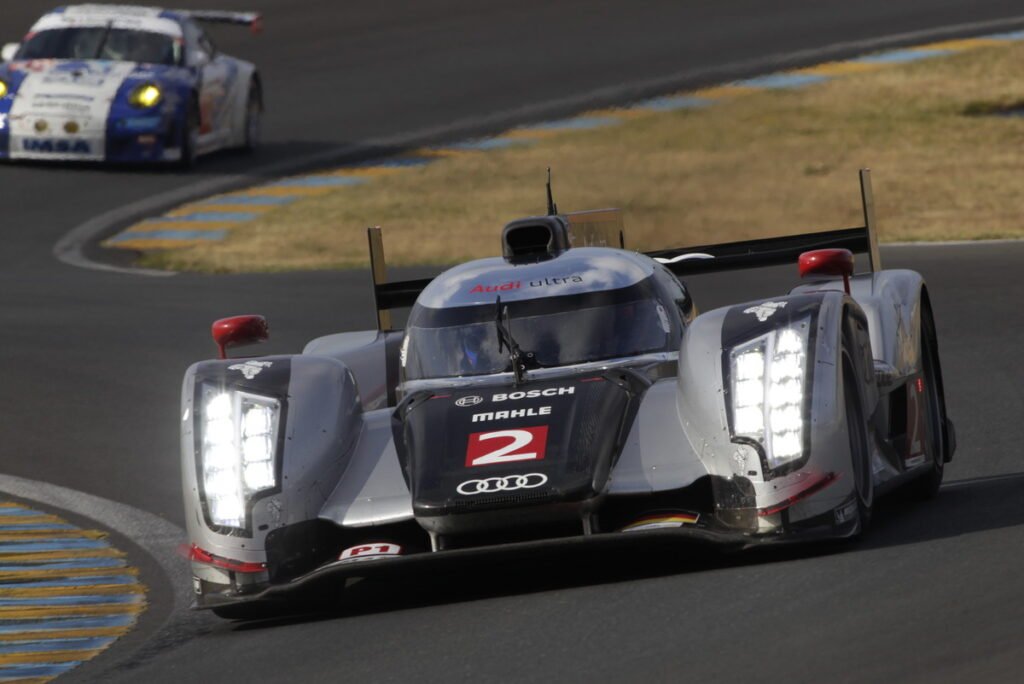
Red Sonja
“The first win alongside Ben and André in 2011 with our R18 we named ‘Red Sonja’ – after the Arnold Schwarznegger movie character – was definitely the most special of my Le Mans victories. The first time you win Le Mans is always special, but to do it with two people I count as genuinely good friends made it even more so.
“However, being part of the team that took Audi’s very last Le Mans victory? I can definitely look back on my career and say that was something very cool. It’s something I’m very proud of. We only led 73 laps of that race in total, but those were the 73 laps that counted!”
Who says nice guys don’t win?






